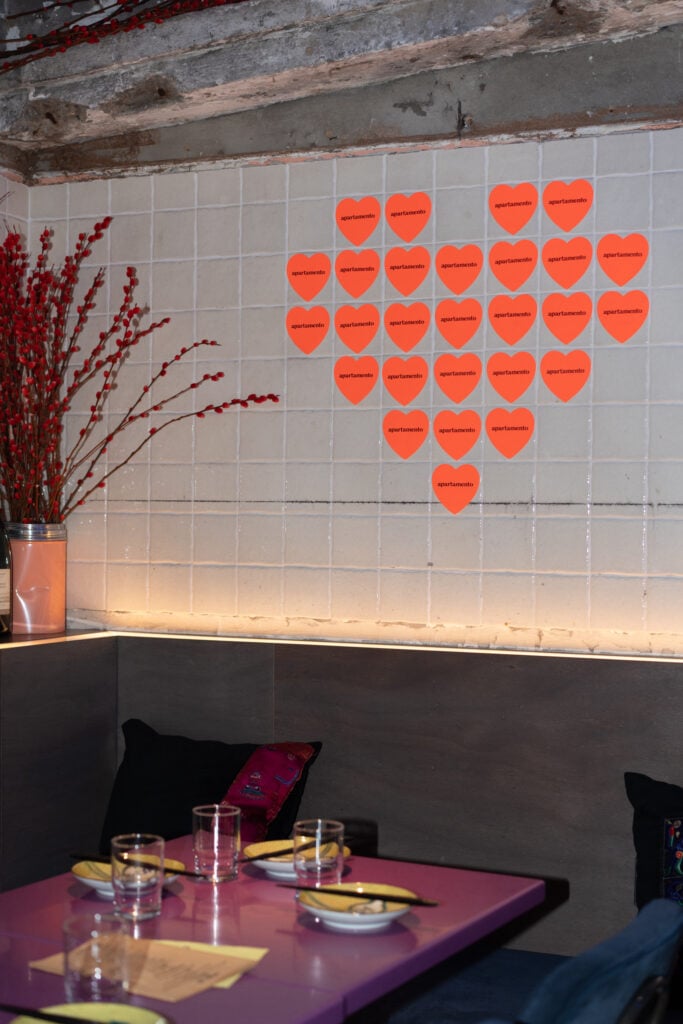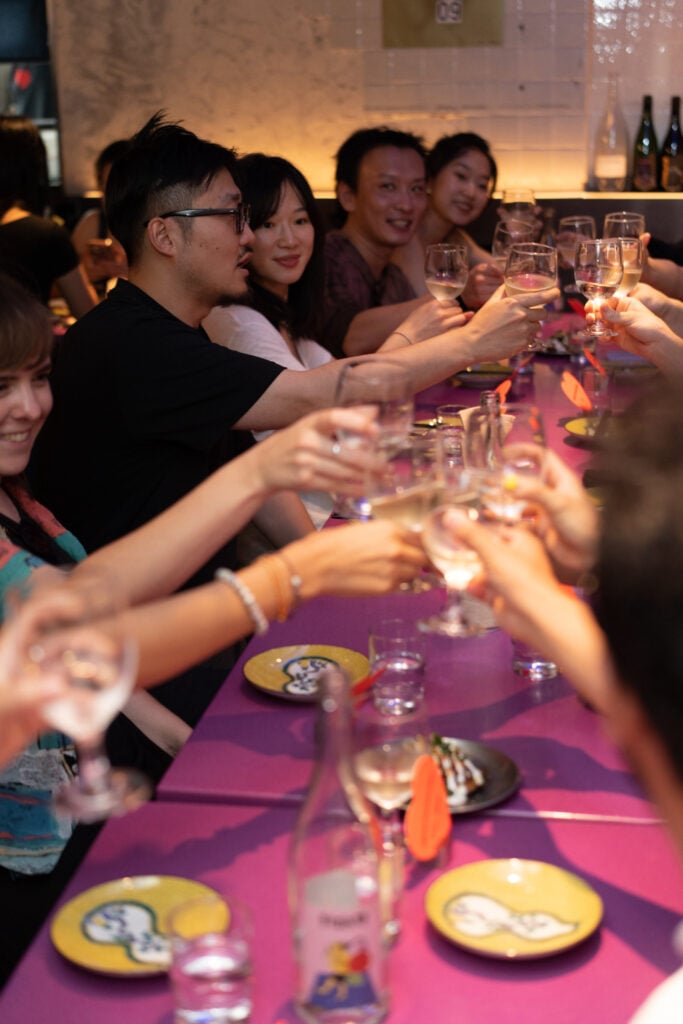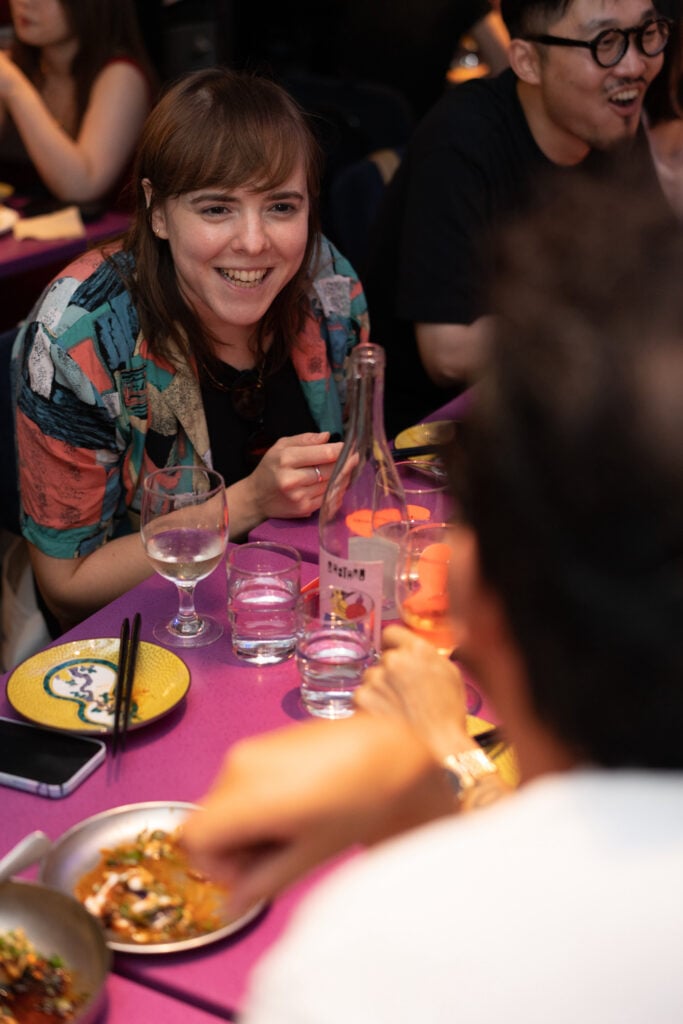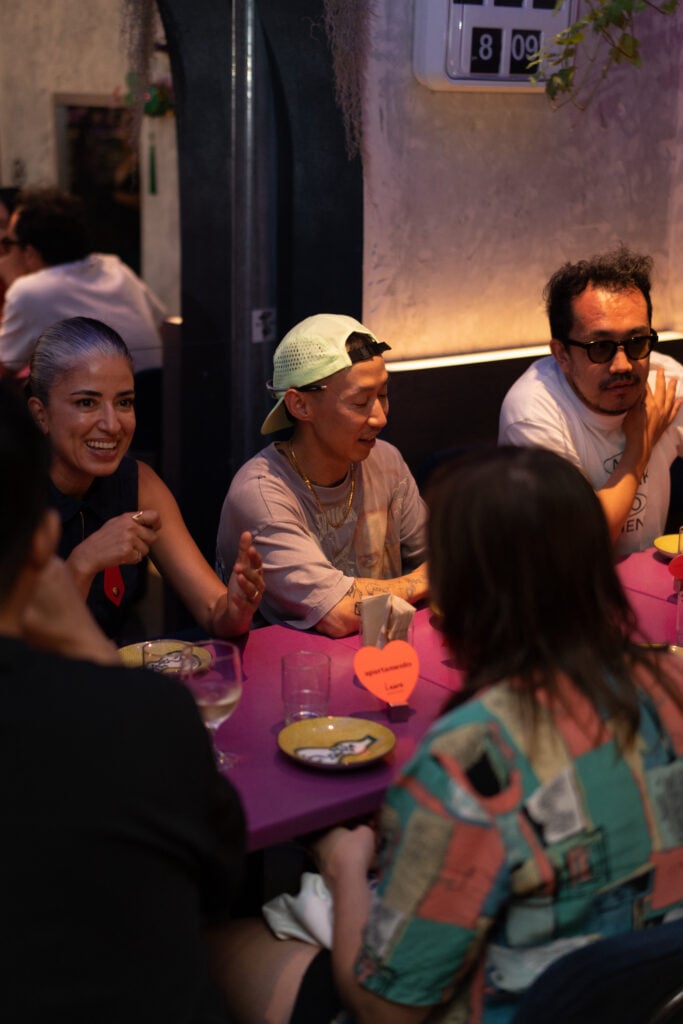Shanghai: It’s been an eventful two years since Jiro and Michael opened their first restaurant, Bastard, during the infamous lockdowns of 2022. Its bold, rule-defying take on Chinese food has been controversial to some, but Bastard has proven to be an undeniably refreshing addition to the Shanghai restaurant scene. Within its short existence, they’ve managed to take this hidden alley spot—which seats just over 25 people—and build it up to international renown.
Having just returned from pop-ups in London and Paris, Jiro and Michael squeeze in this interview with me right before they head to Bangkok for their next stint abroad. In the midst of their travels, they contributed a recipe to the new Apartamento Cookbook #9: Sandwiches!, a ‘Husband and Wife Sando’ that combines a spicy, mouth-numbing Sichuanese braised beef dish with a comforting bite of crispy toast.
I met Jiro and Michael for the first time 5 years ago at a coffee festival in Shanghai where I was helping friends with their record stand. ‘Nooo, you’ll never leave!’ were the first words I ever heard Jiro say as Michael was enticed by the vinyl collection. Over the years, our friendship has developed due to a shared fondness of food, music, and general fun. This ultimately led to a semi-professional partnership in the form of dong xi (東西), the brand under which Bastard was opened. ‘Dong xi’ literally means ‘east and west’, referring to Jiro’s Chinese roots and Michael’s Polish origins. I rolled in along the way helping out at various pop-ups, from slinging prawn toast outside of a club to hosting our own Canto disco parties.
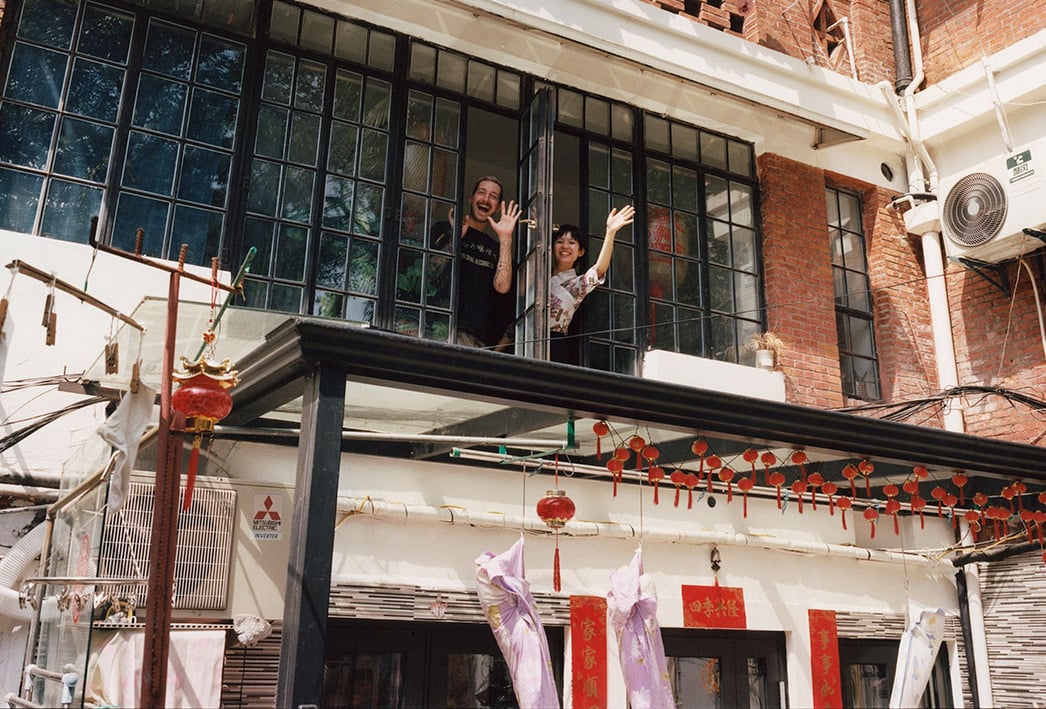
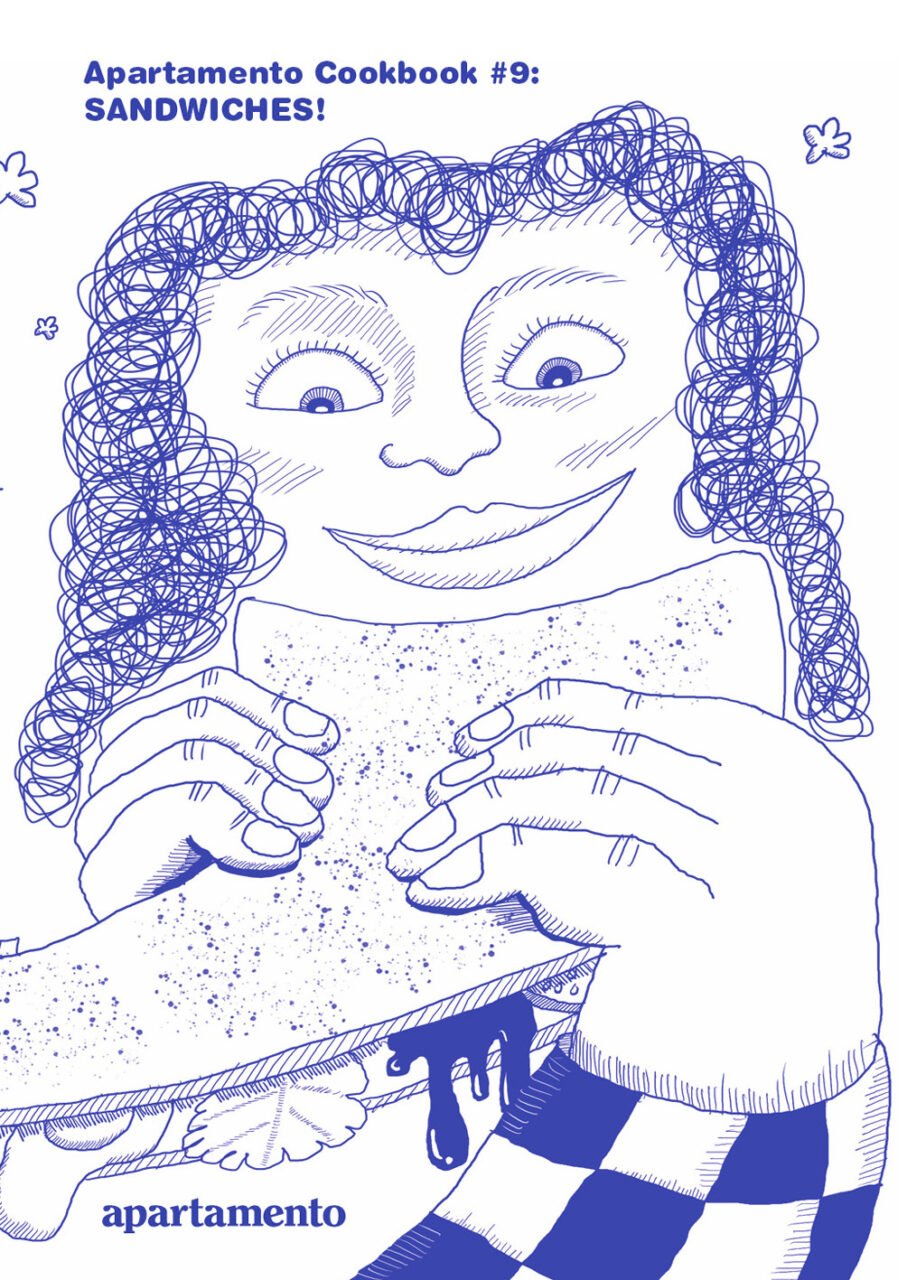
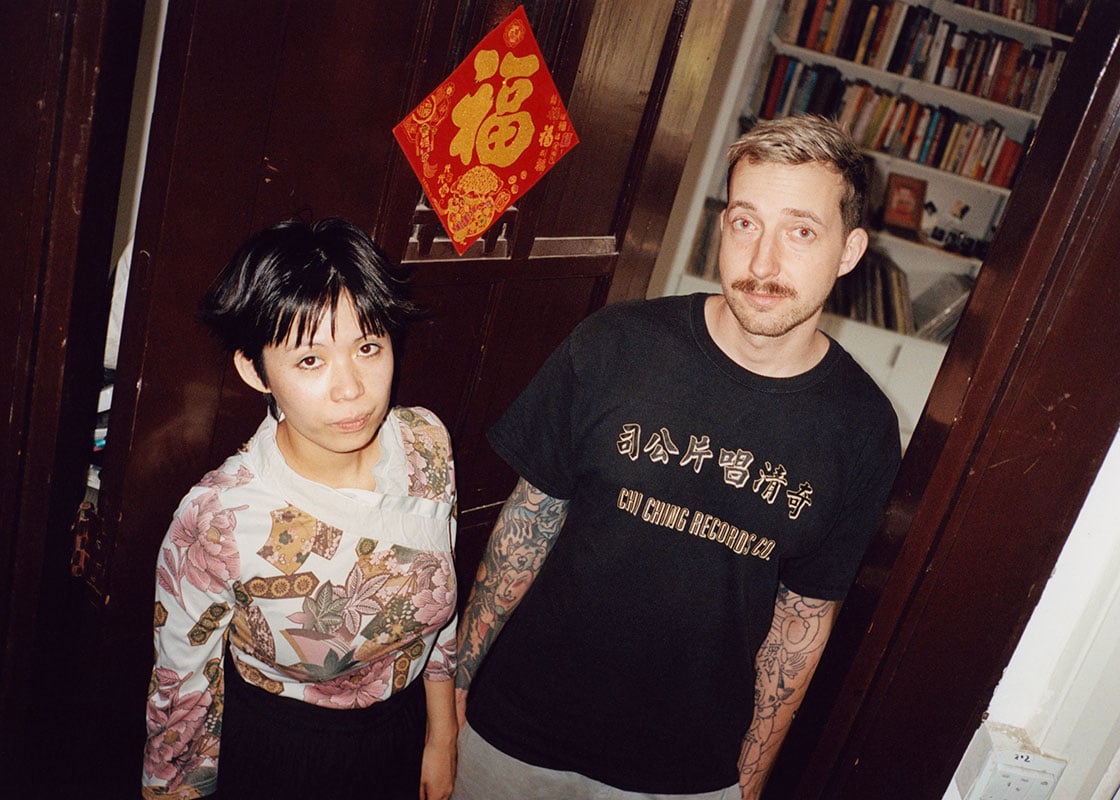
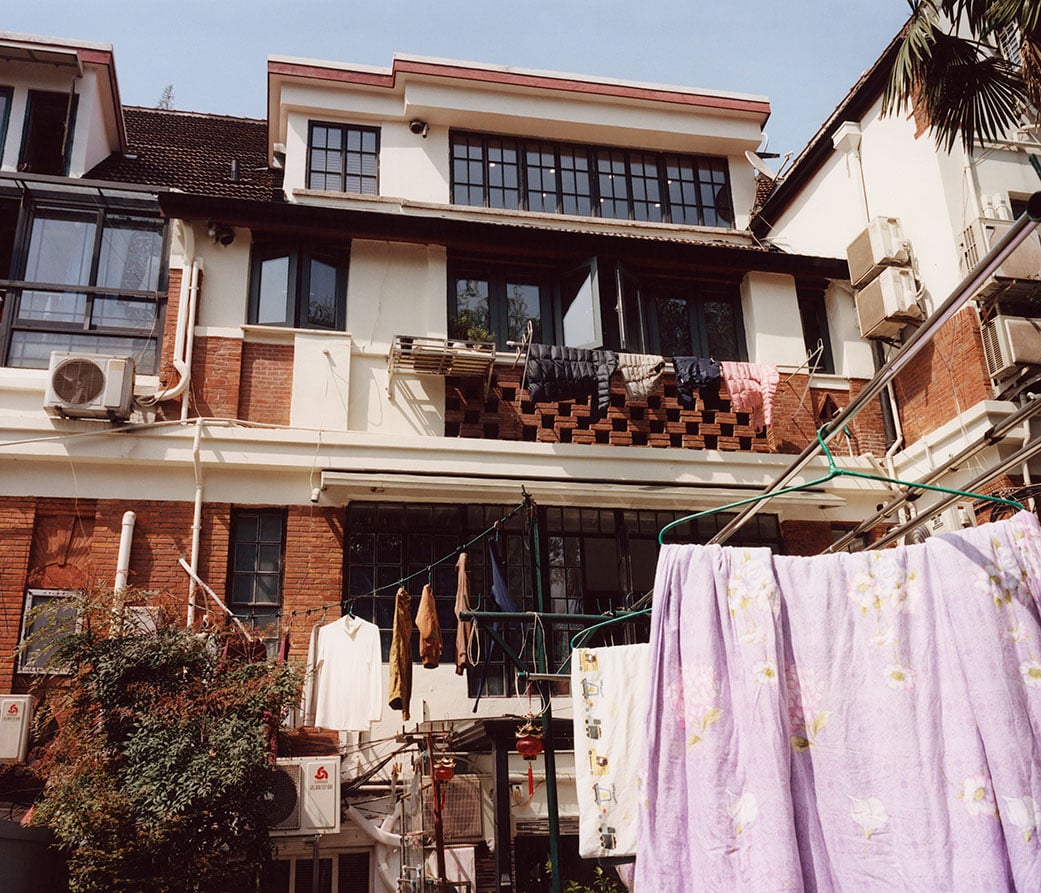
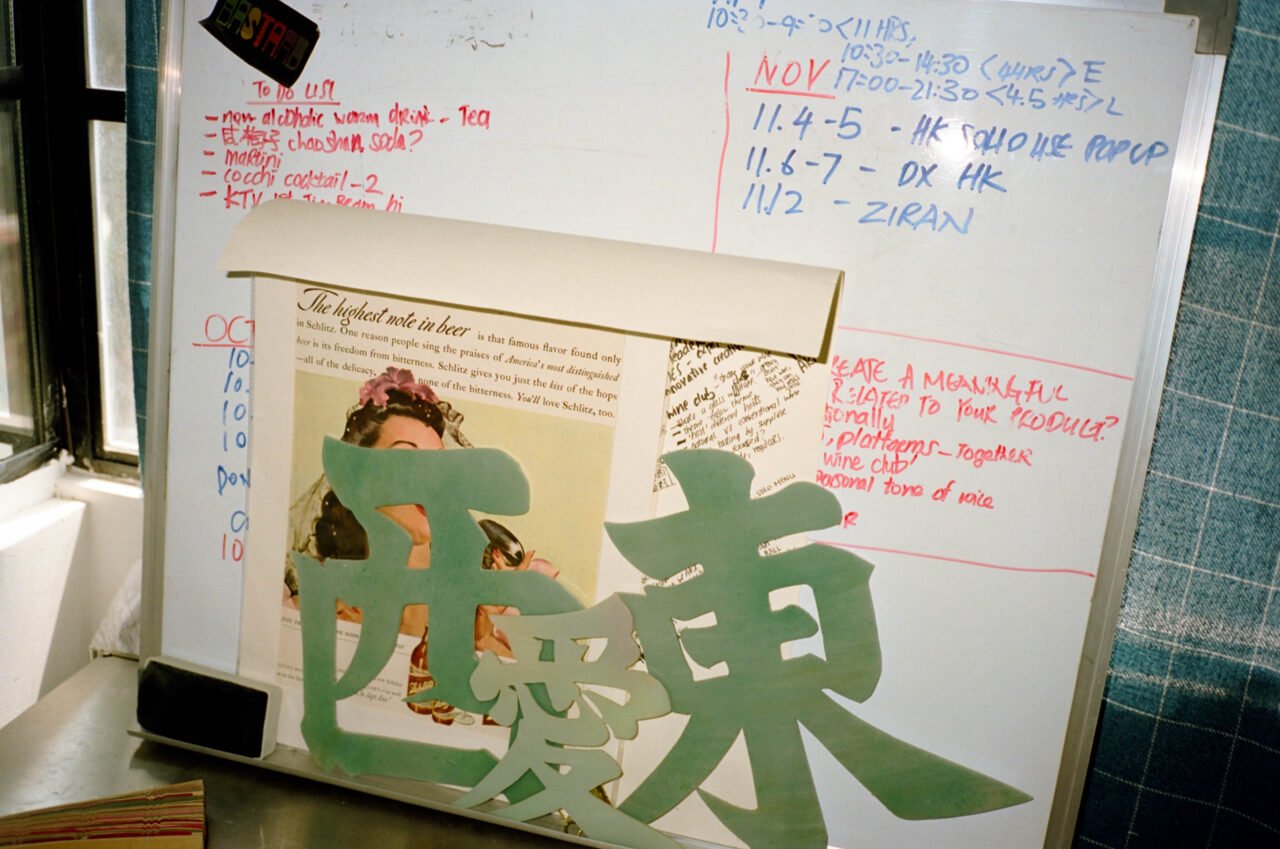
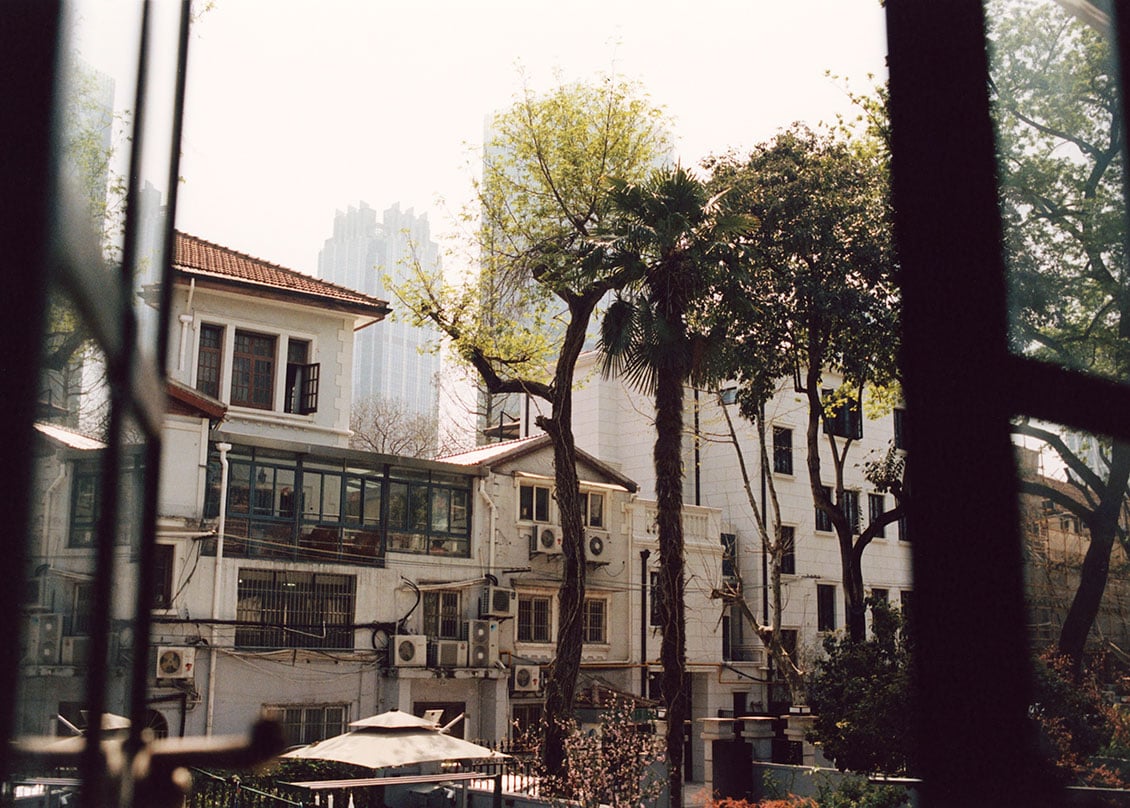
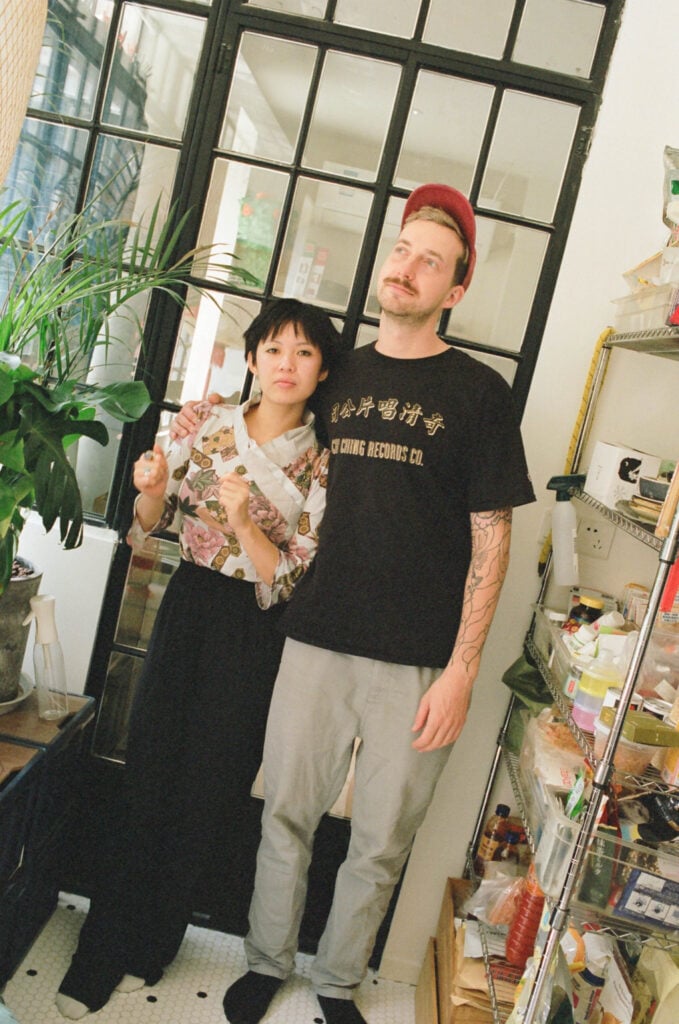
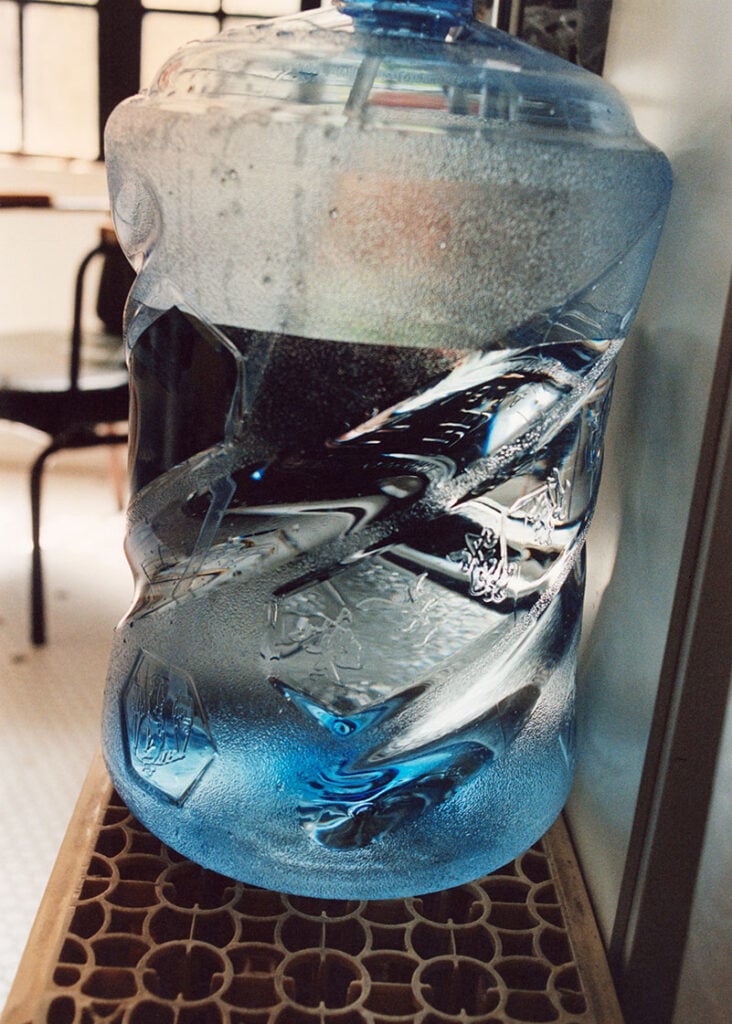
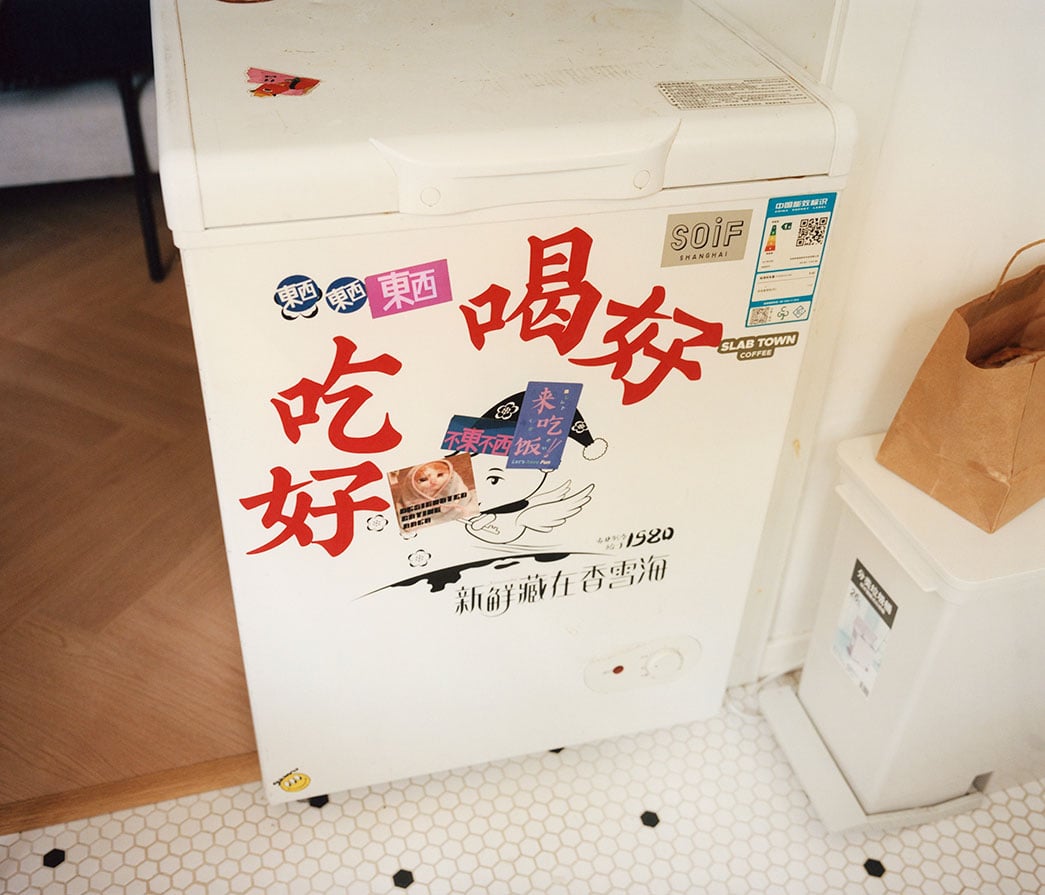
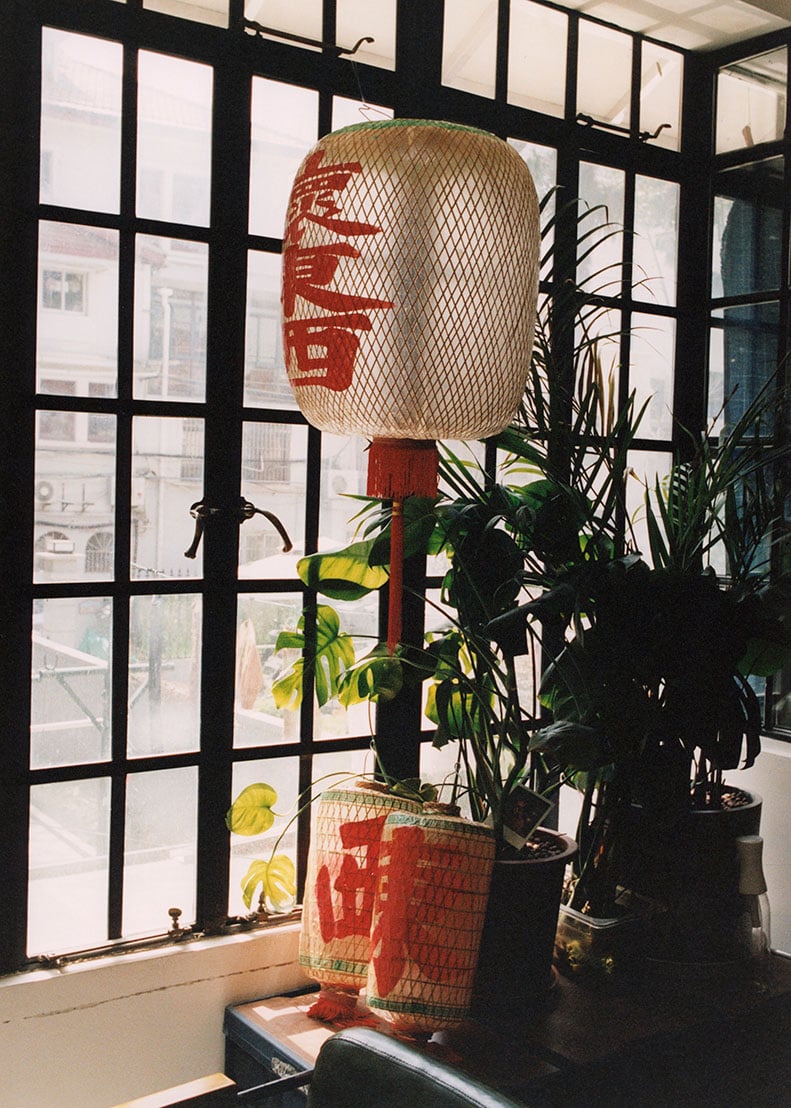
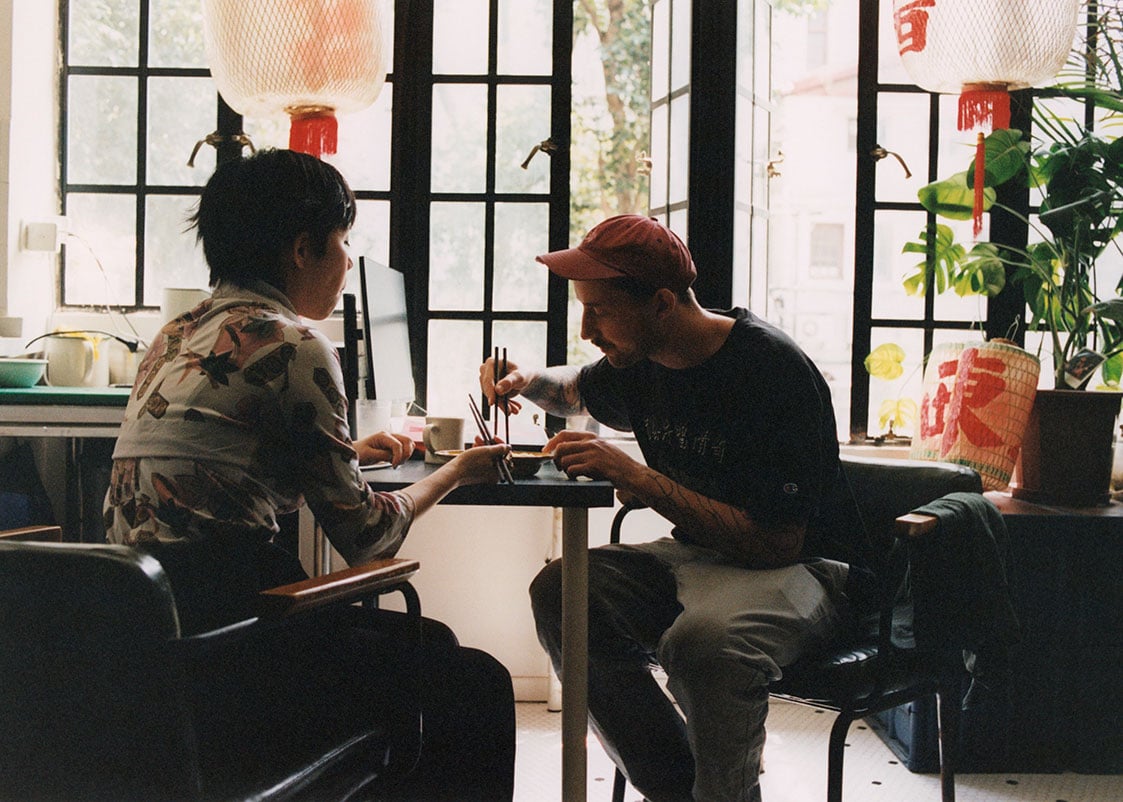
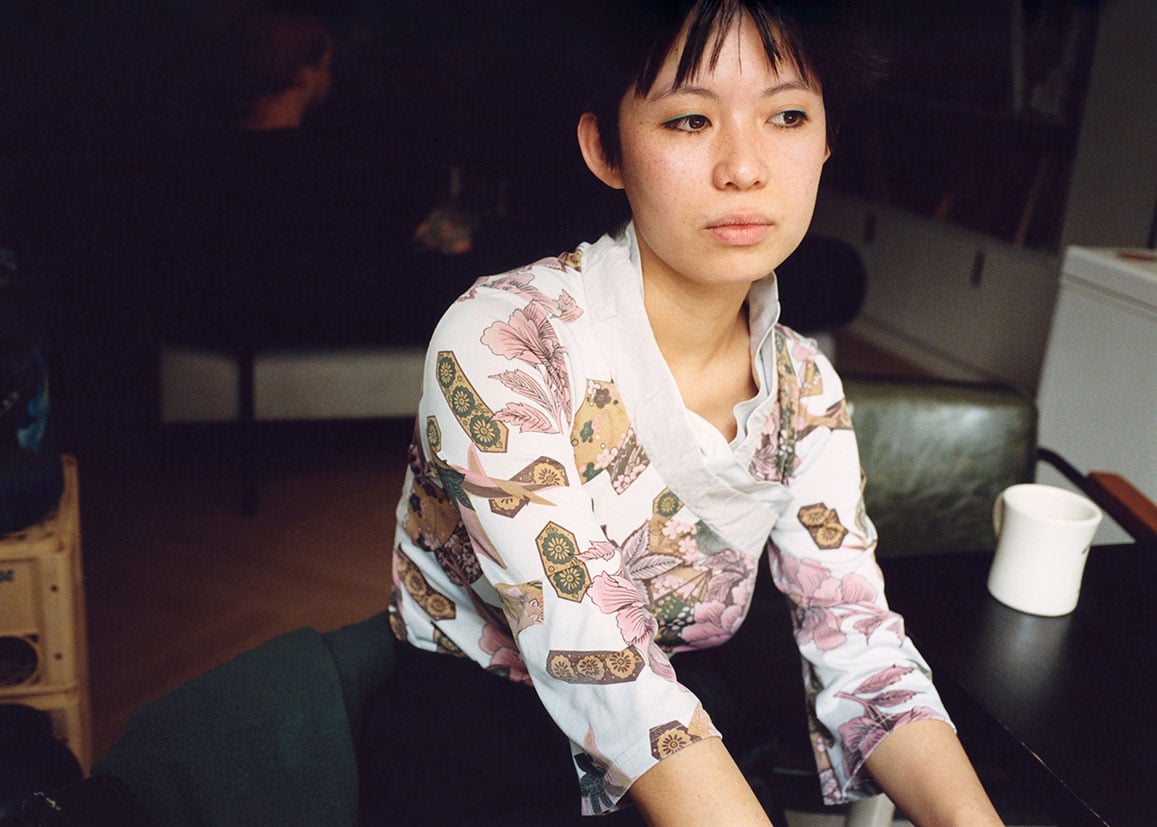
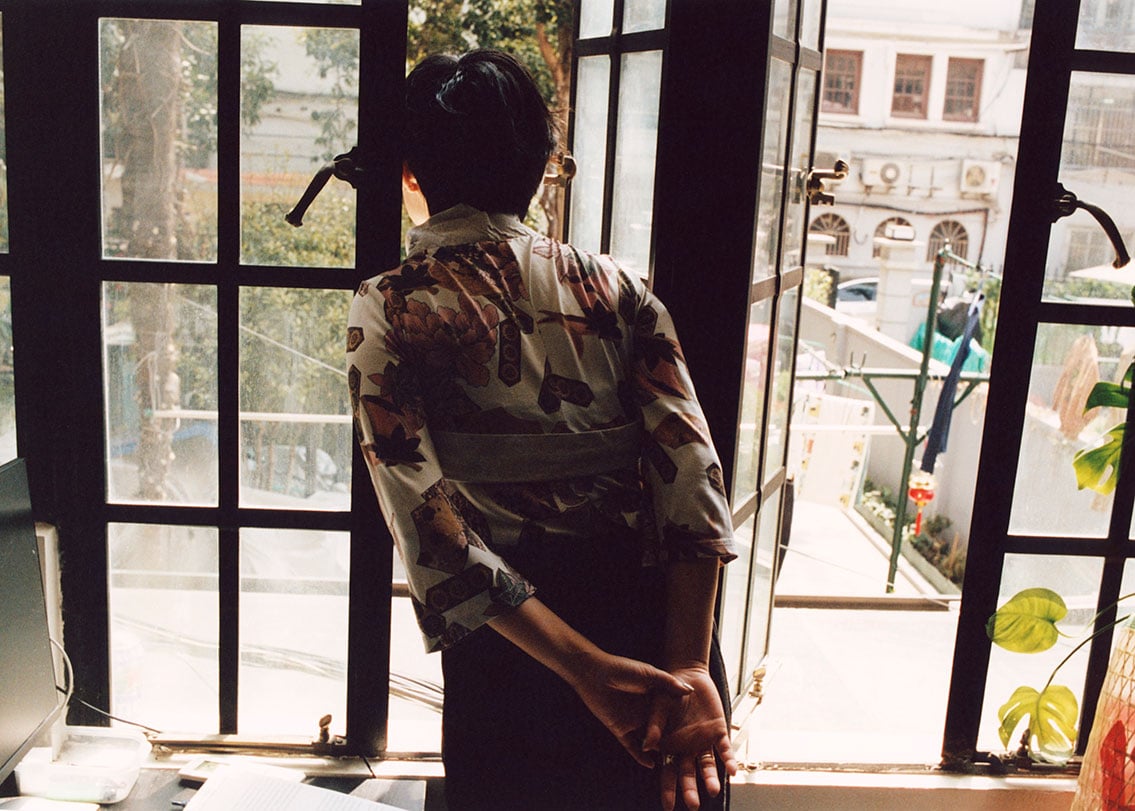
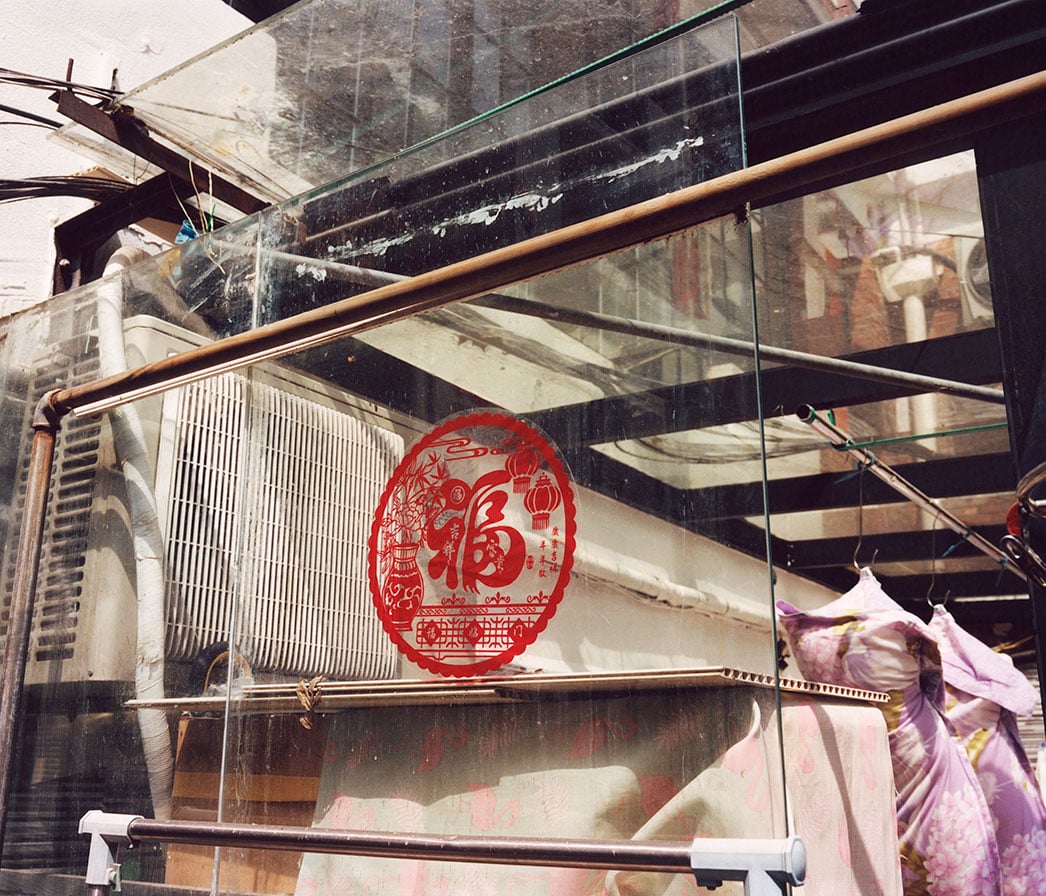
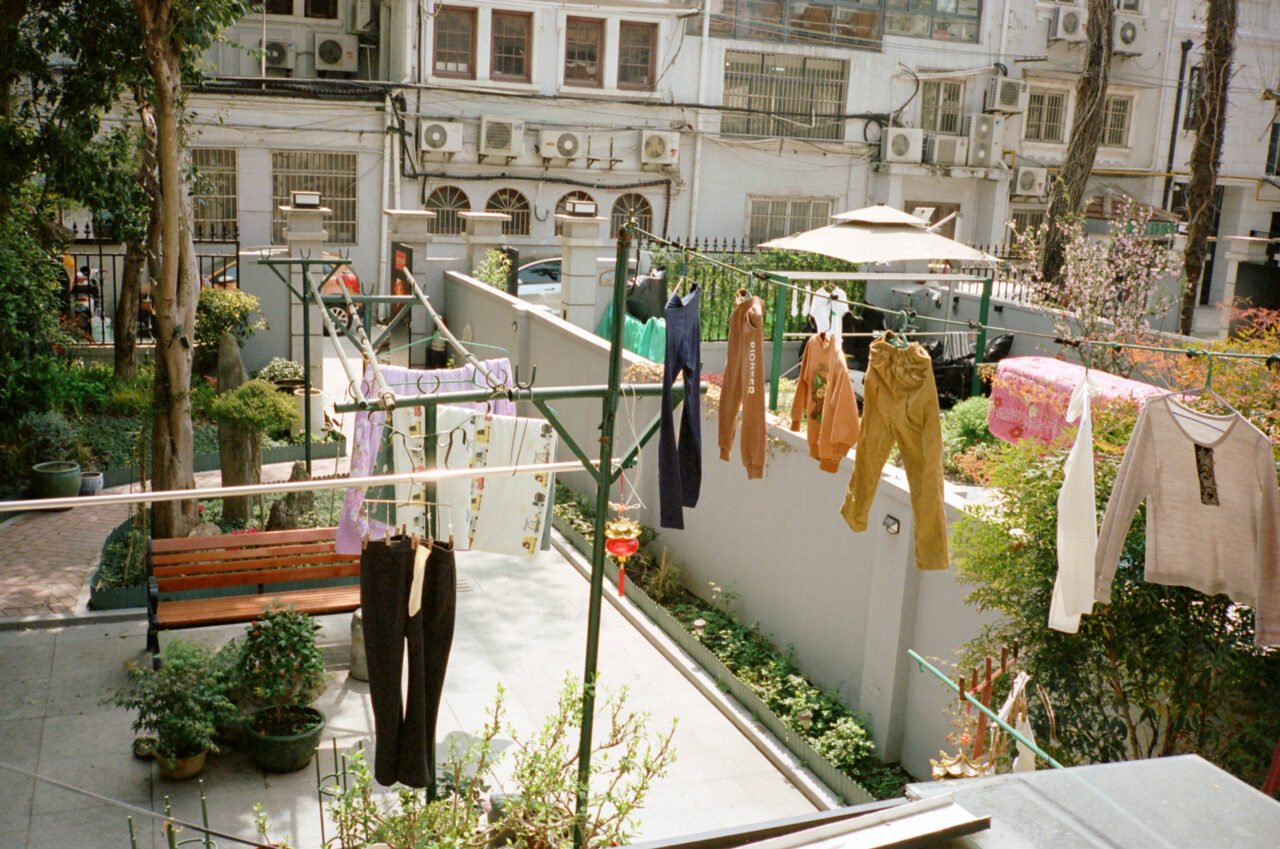
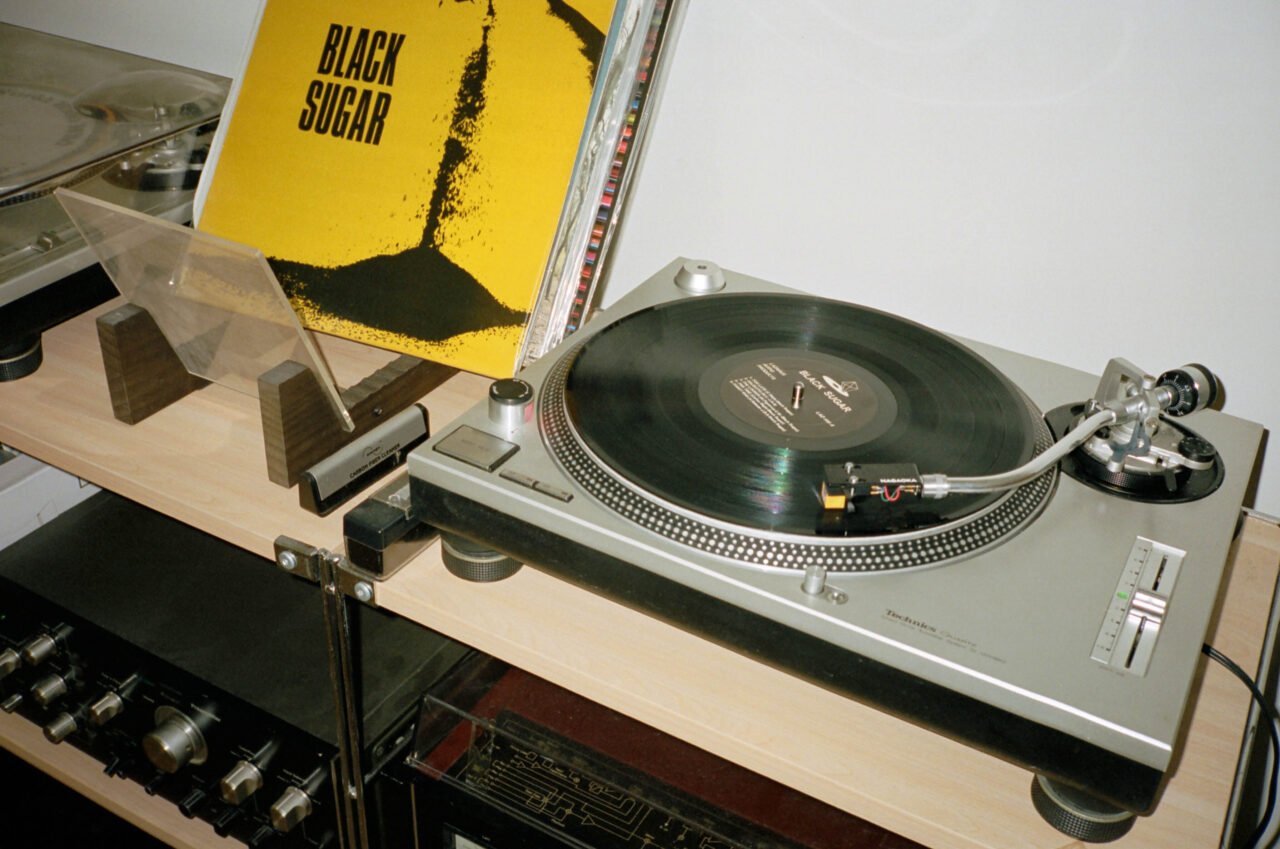
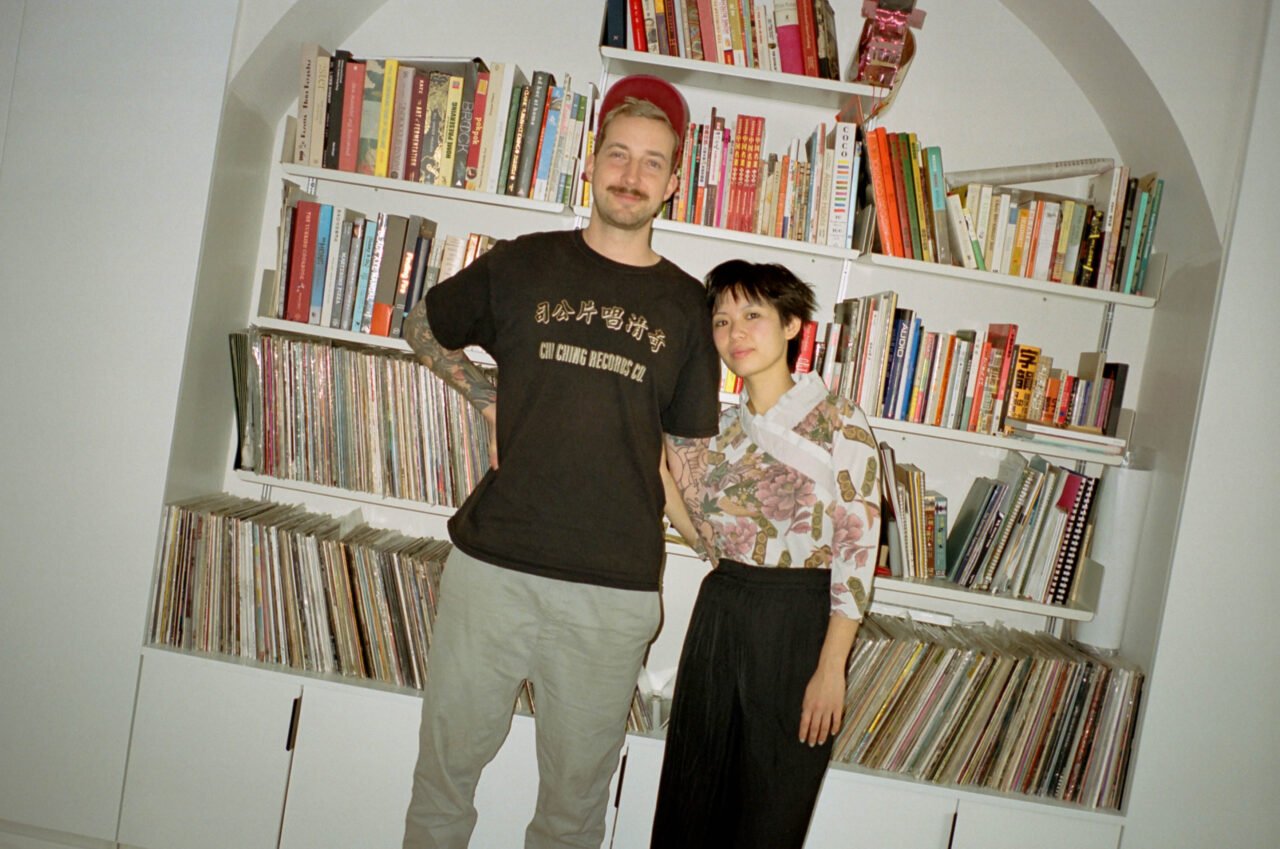
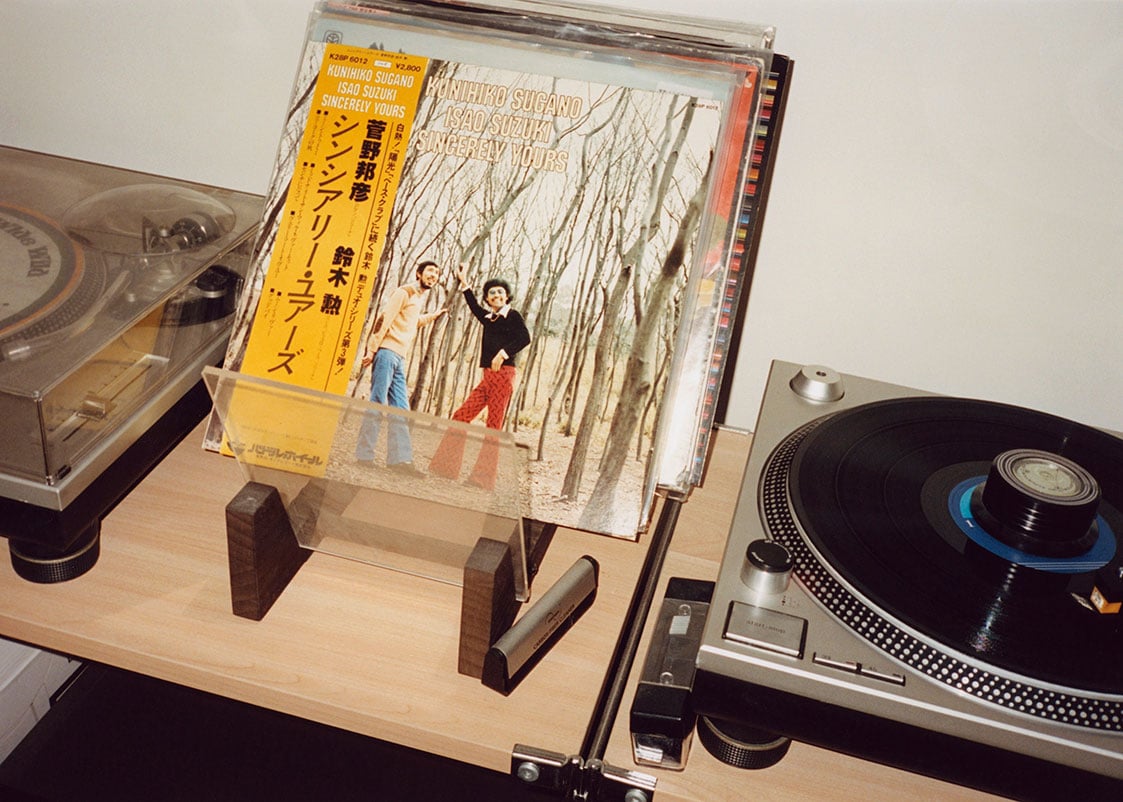
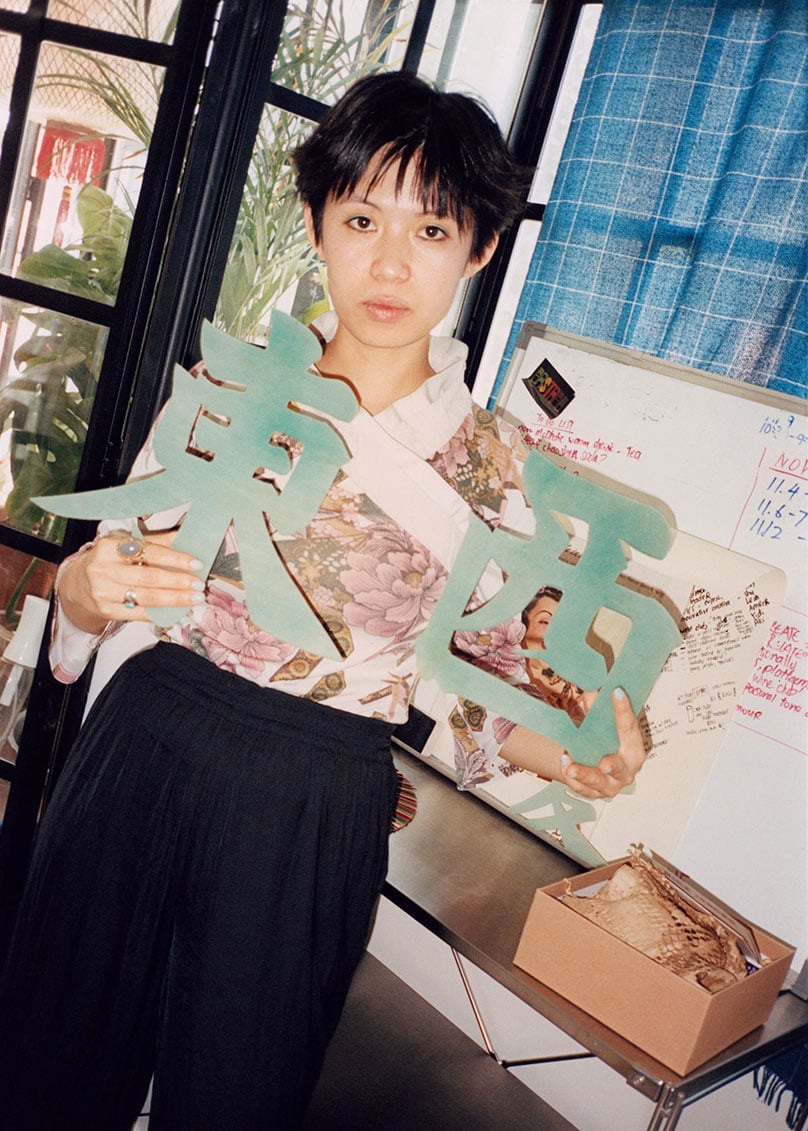
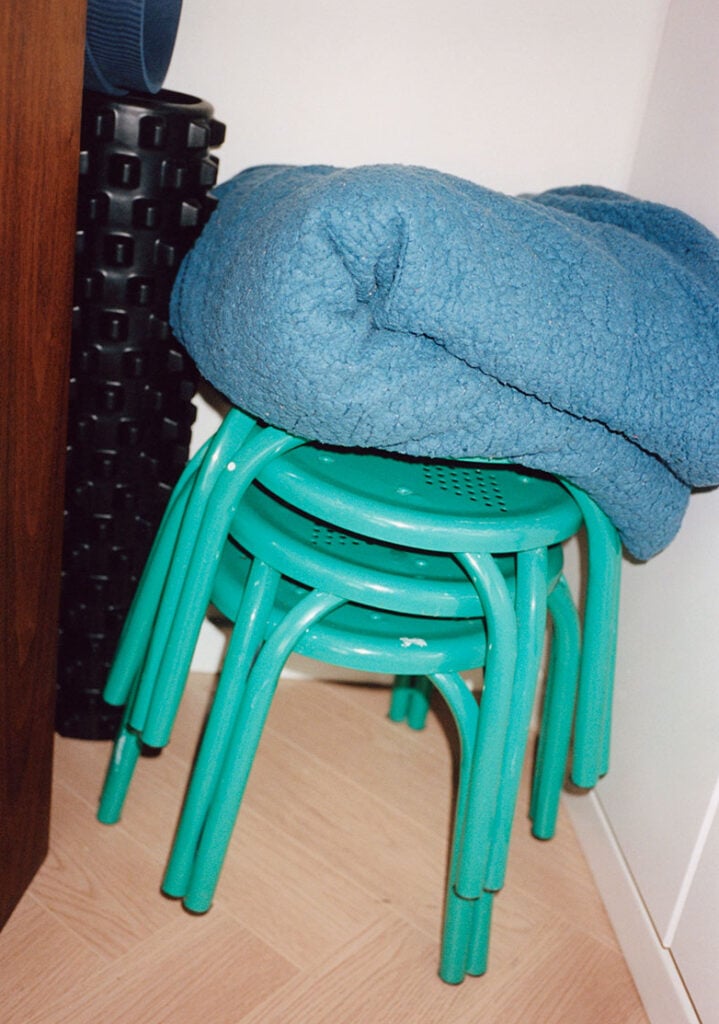
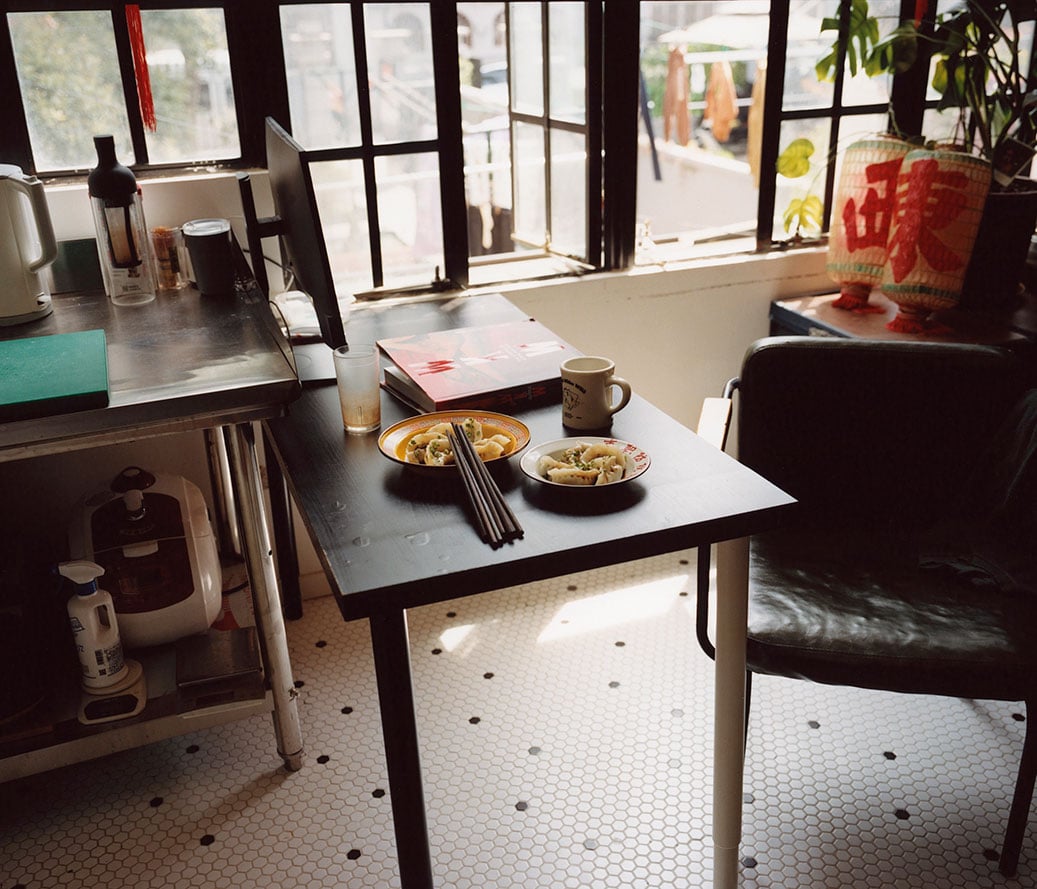
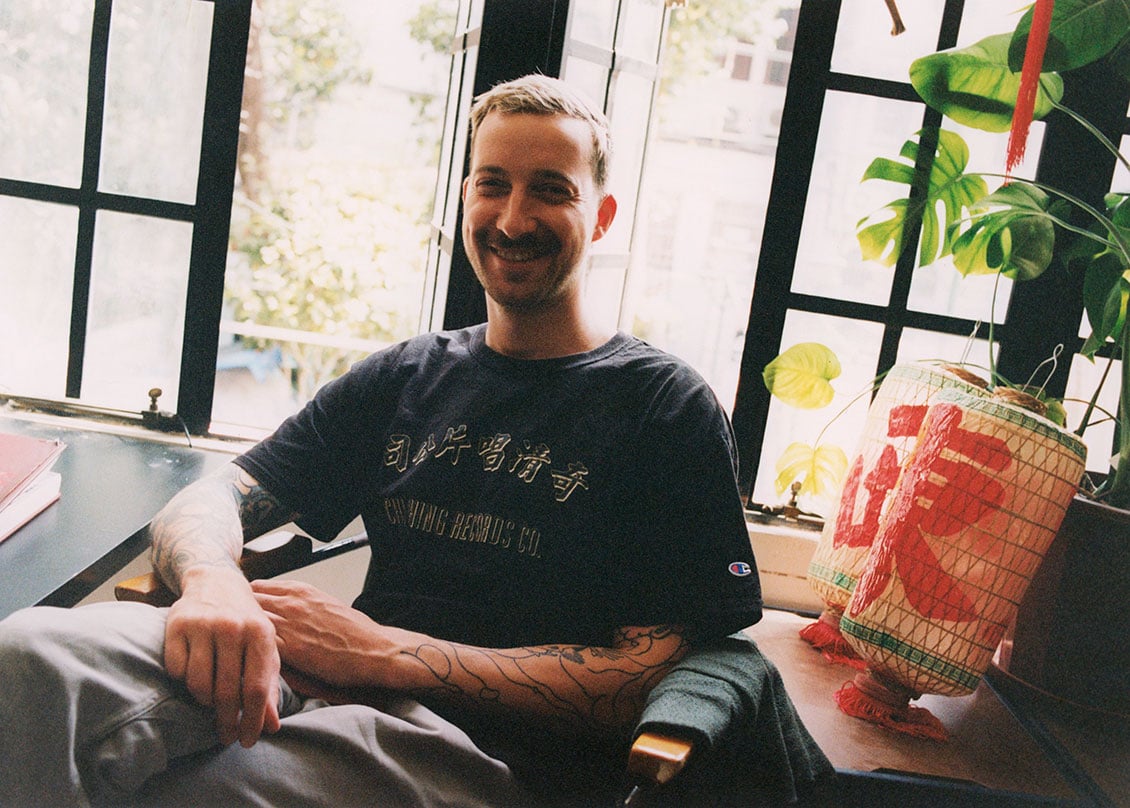
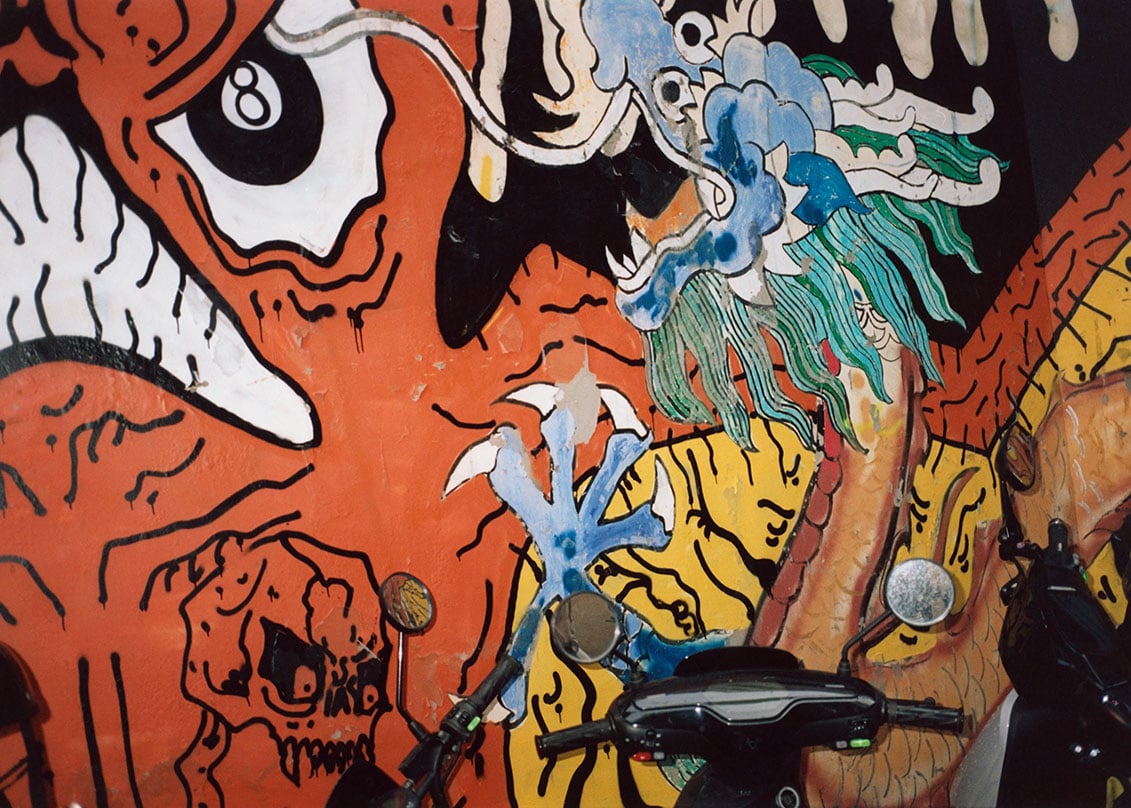
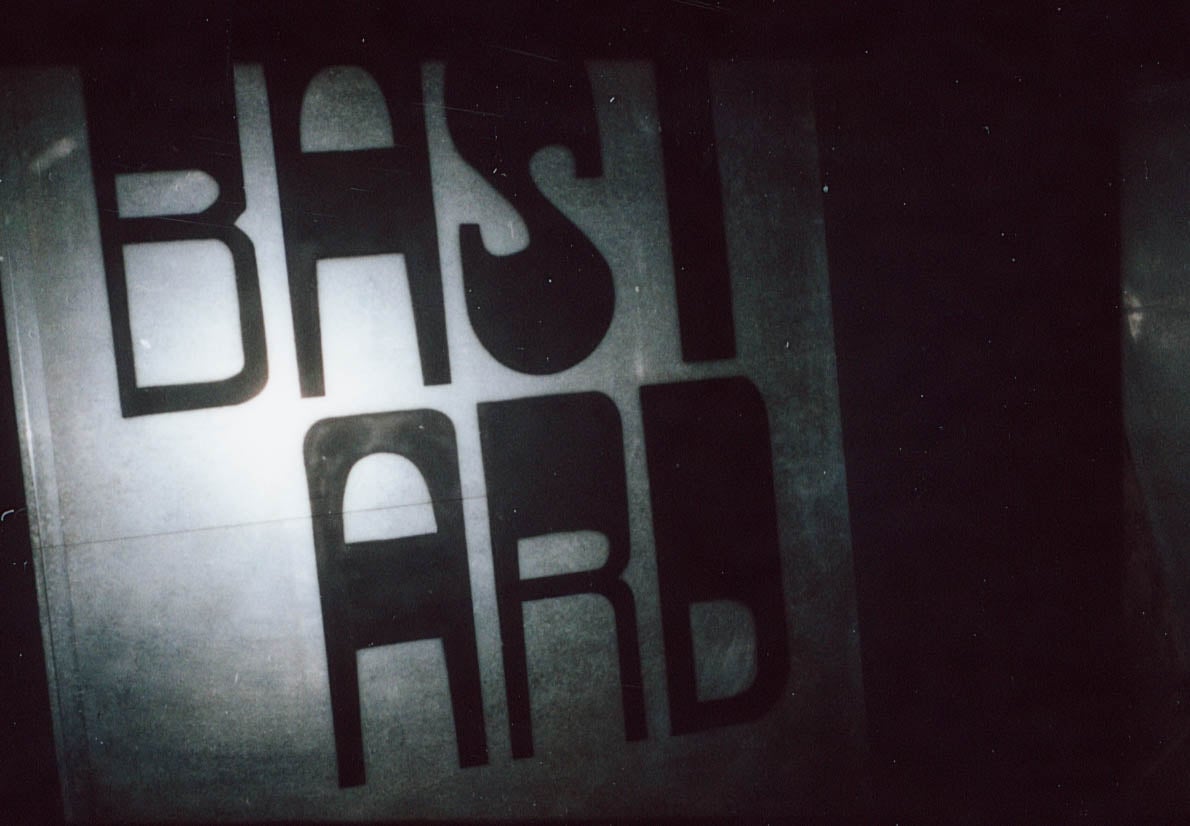
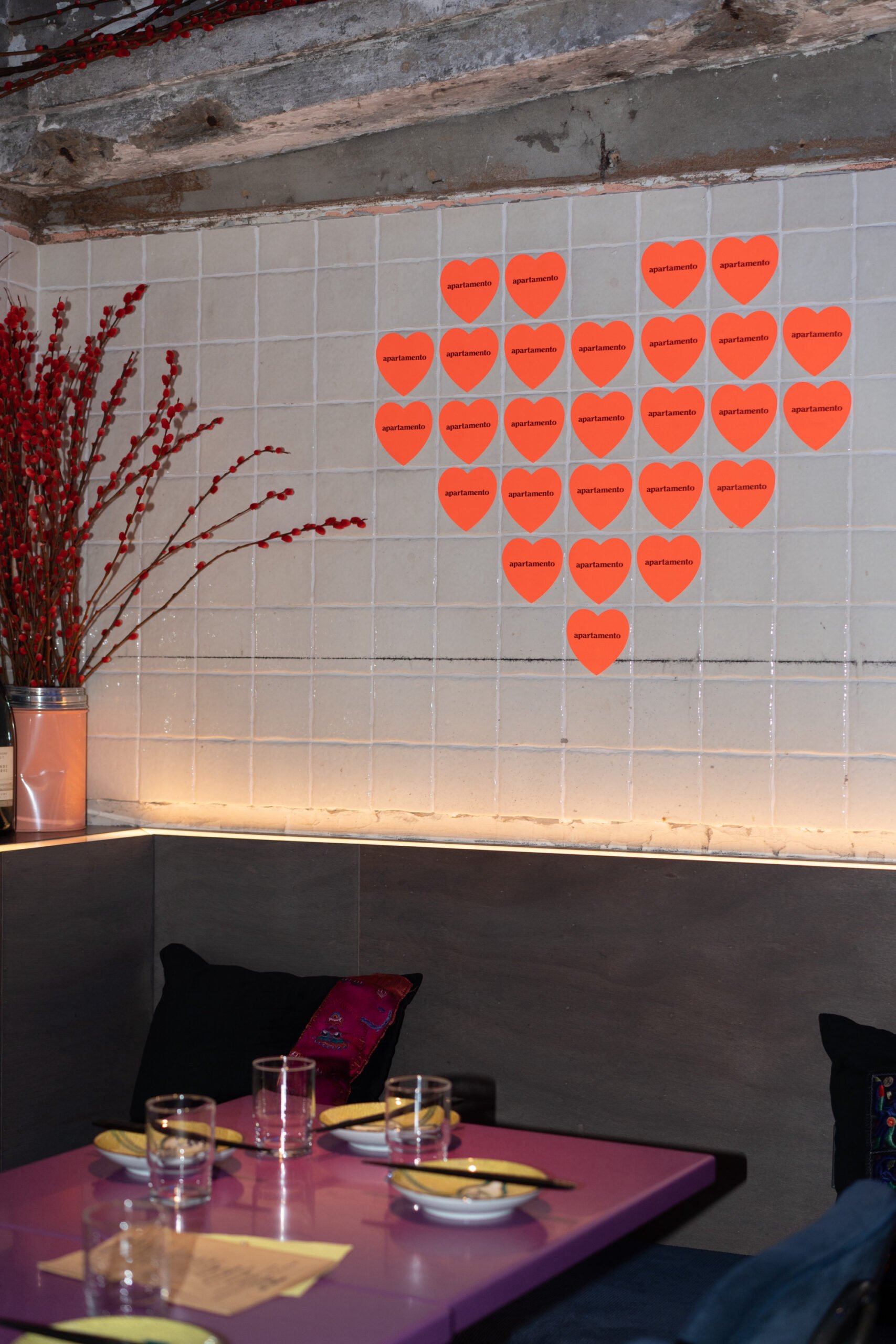
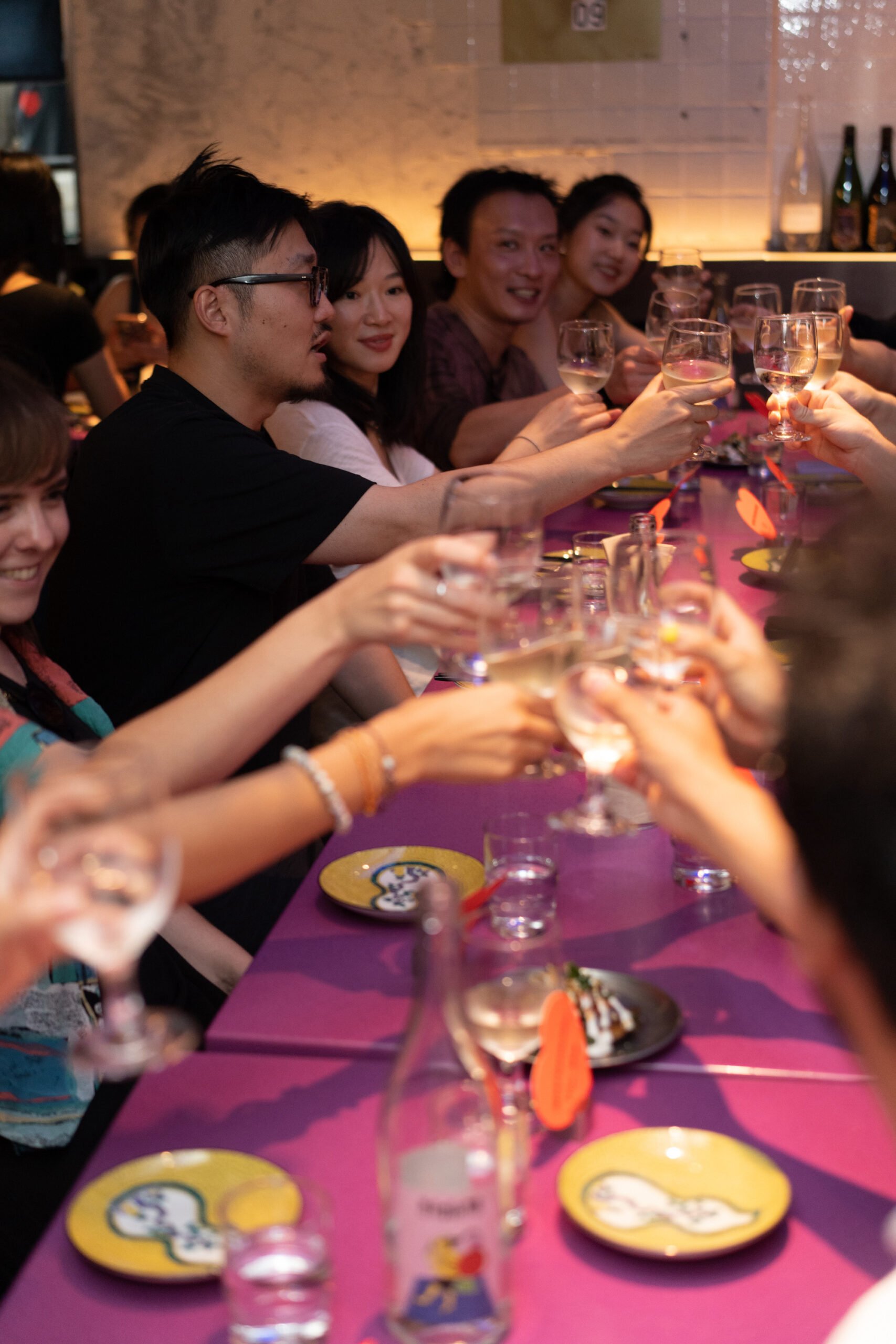
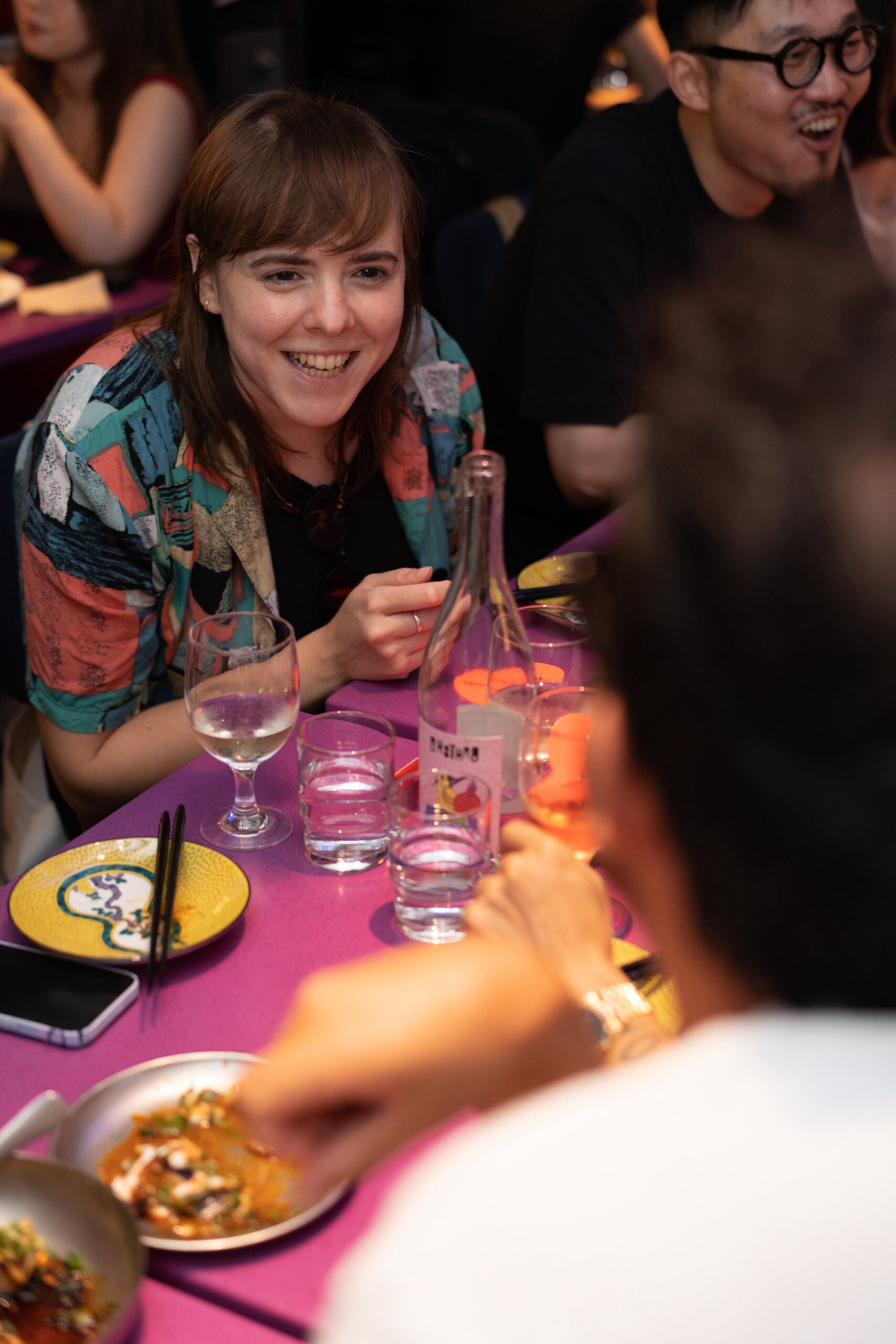
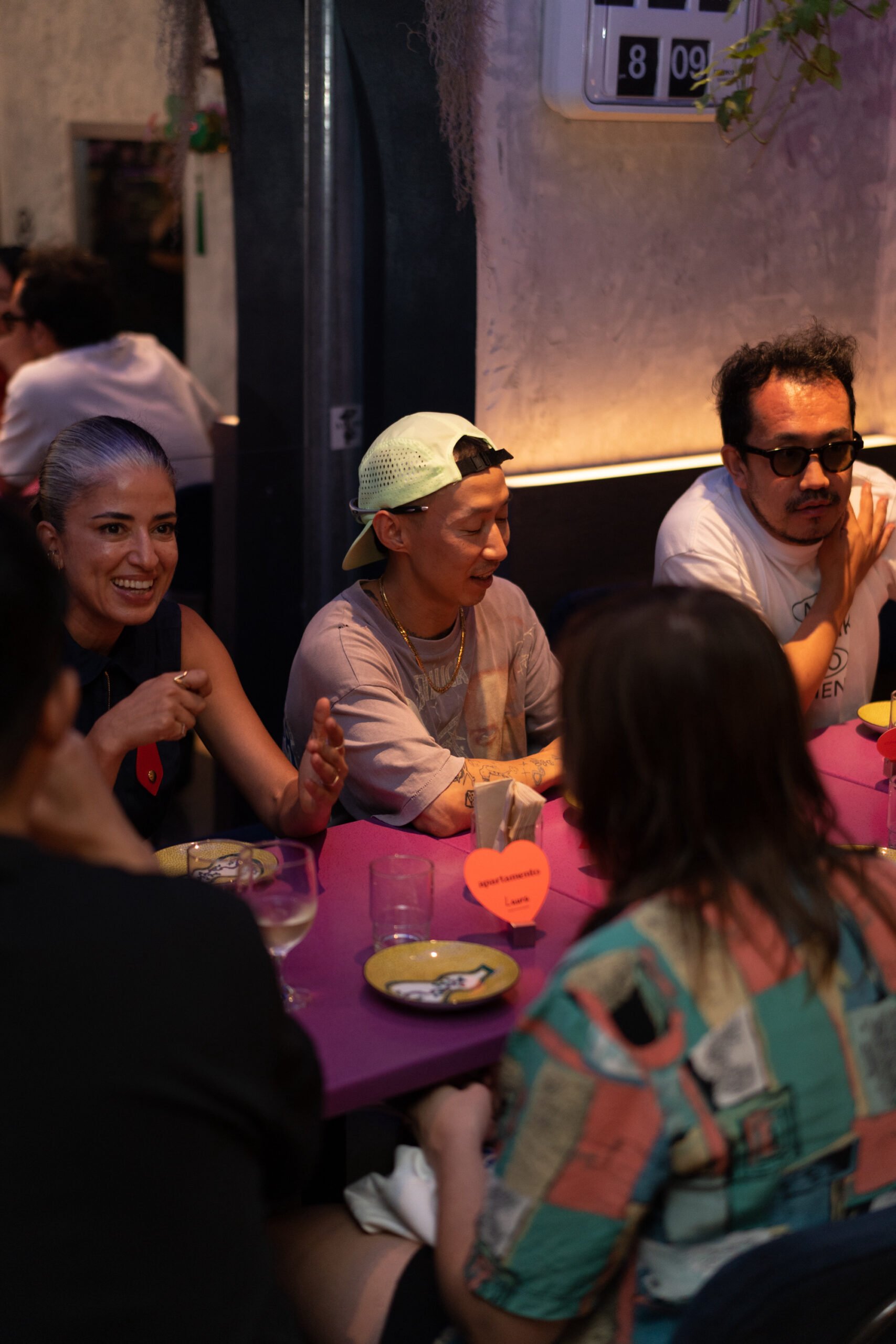
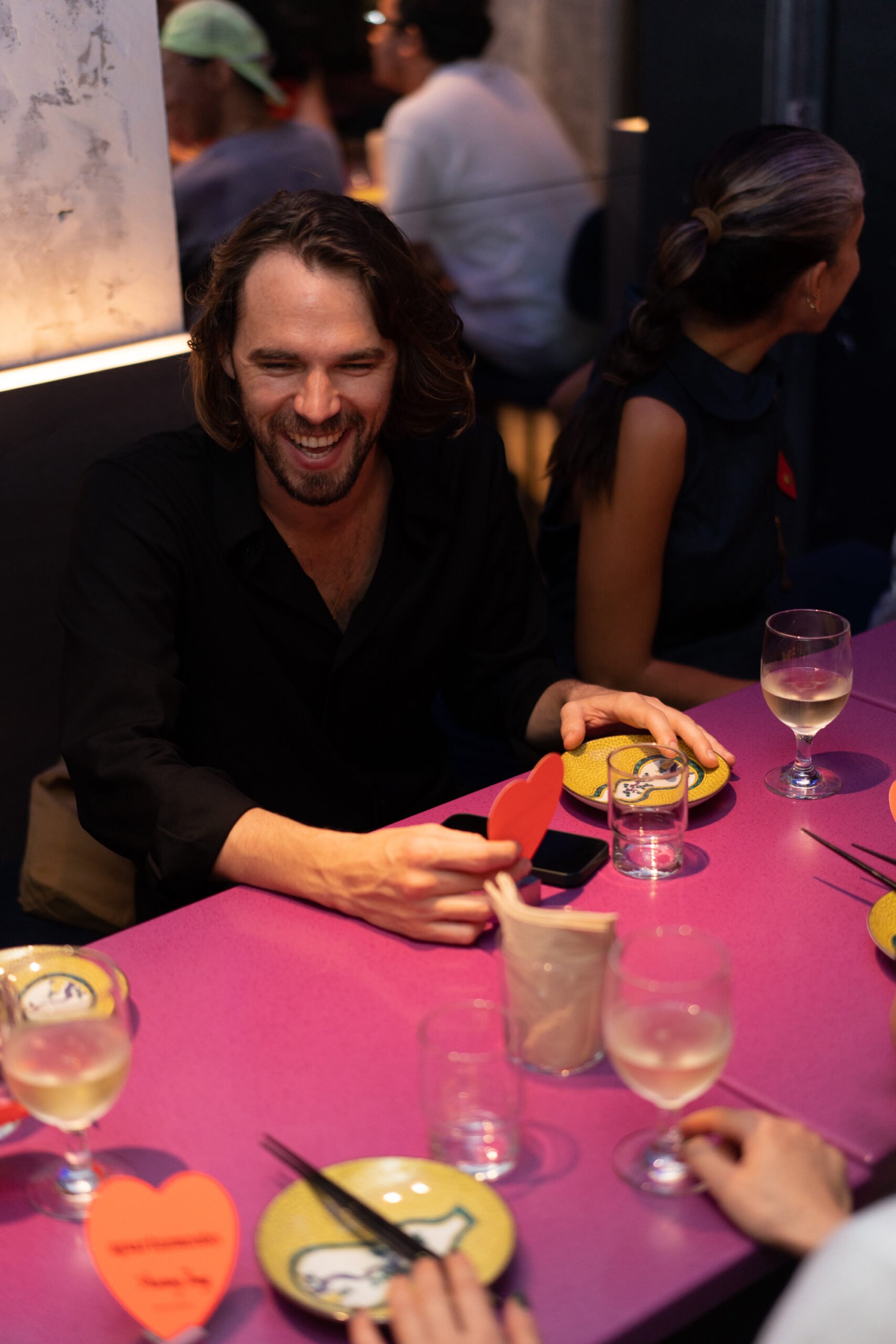
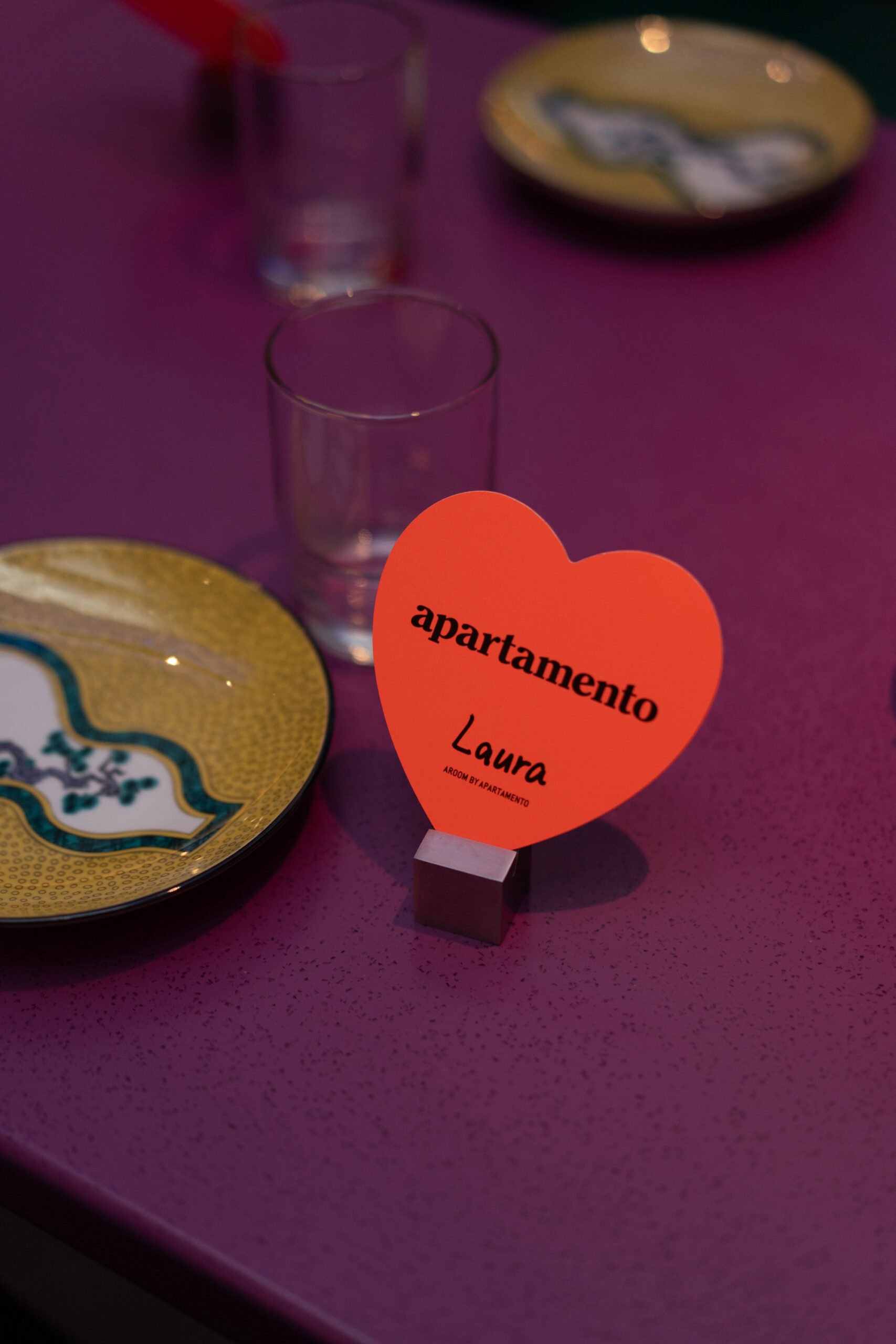
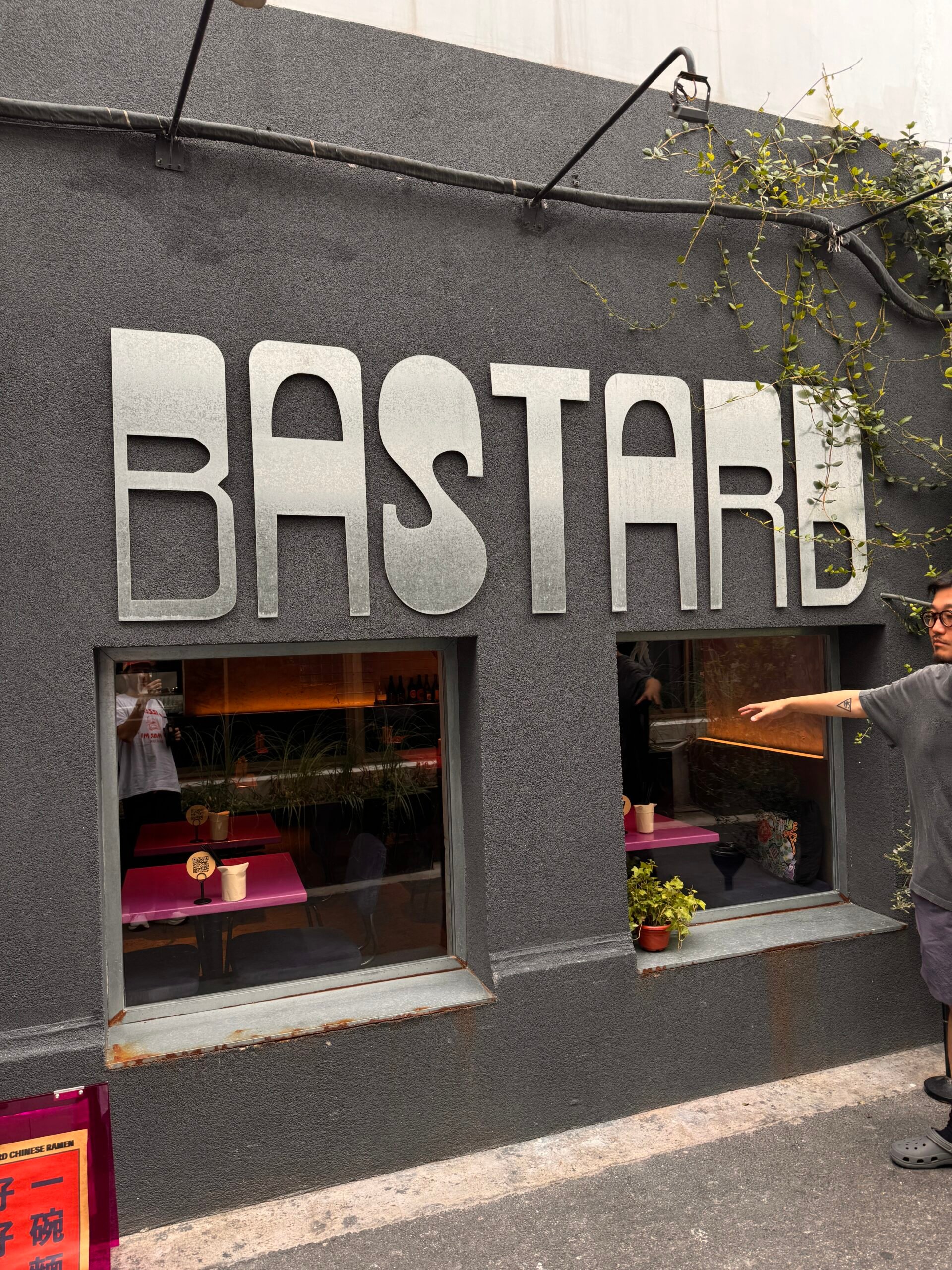
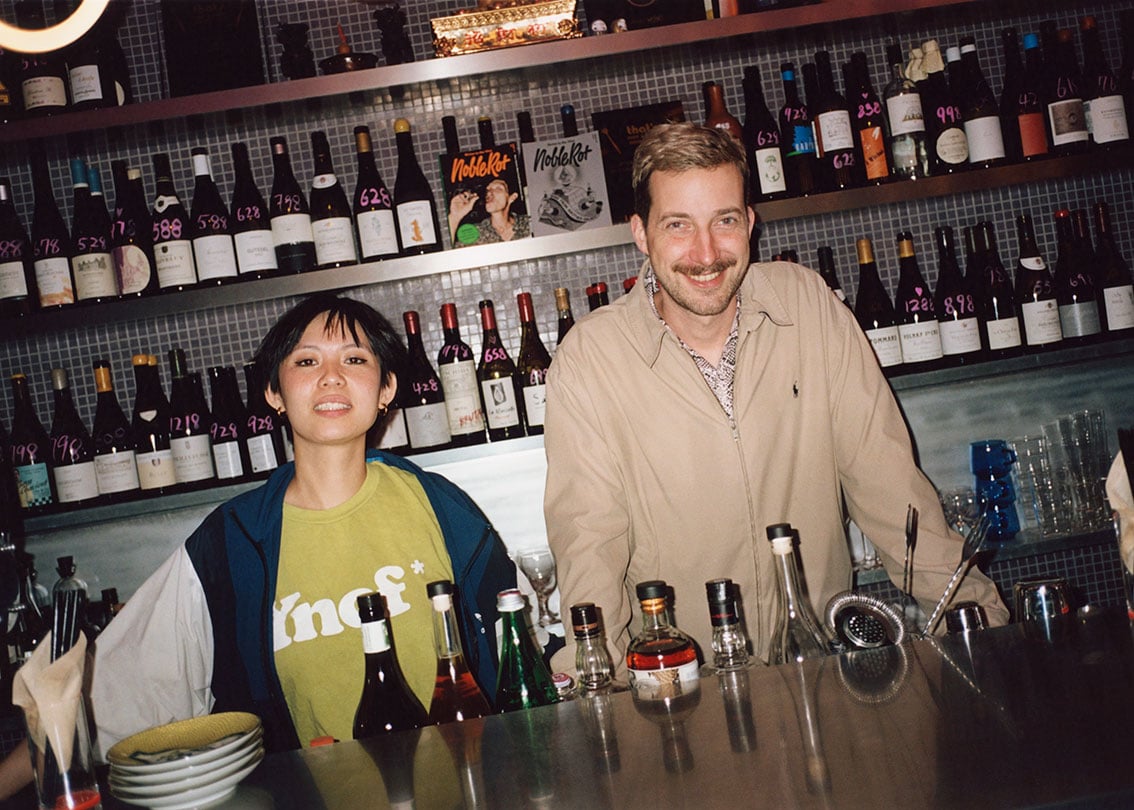
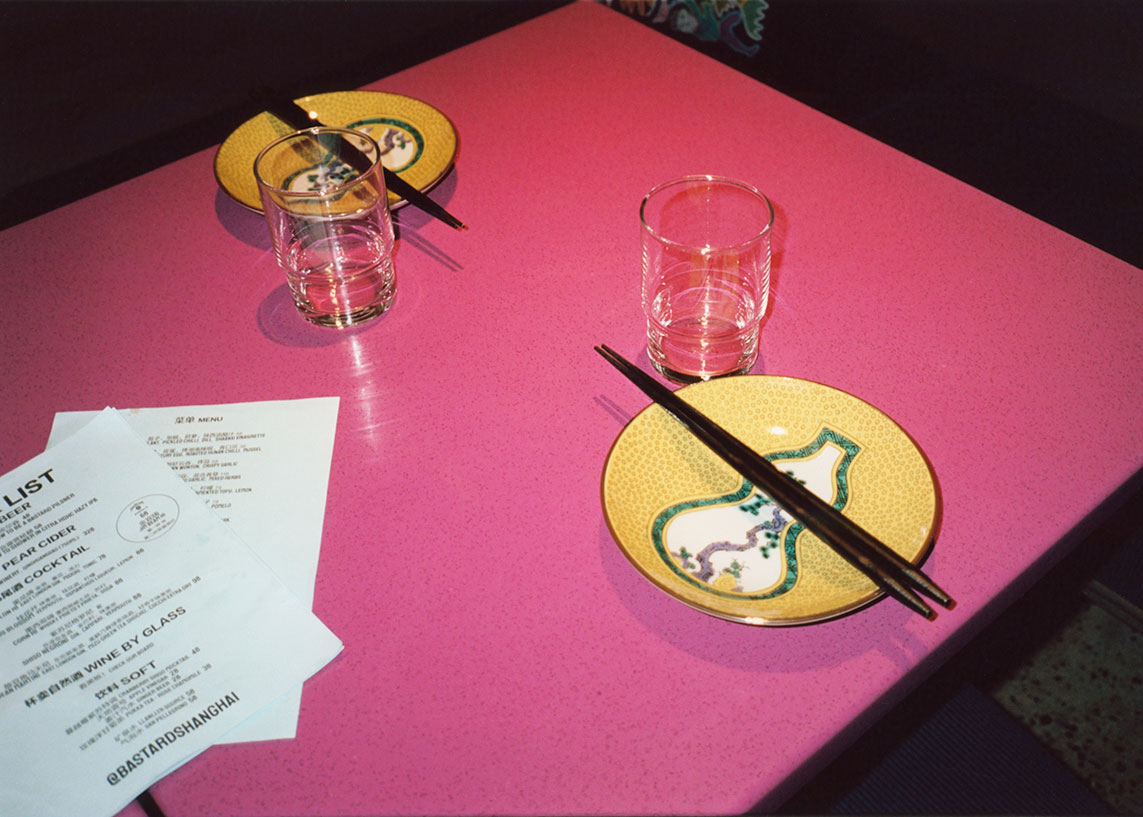
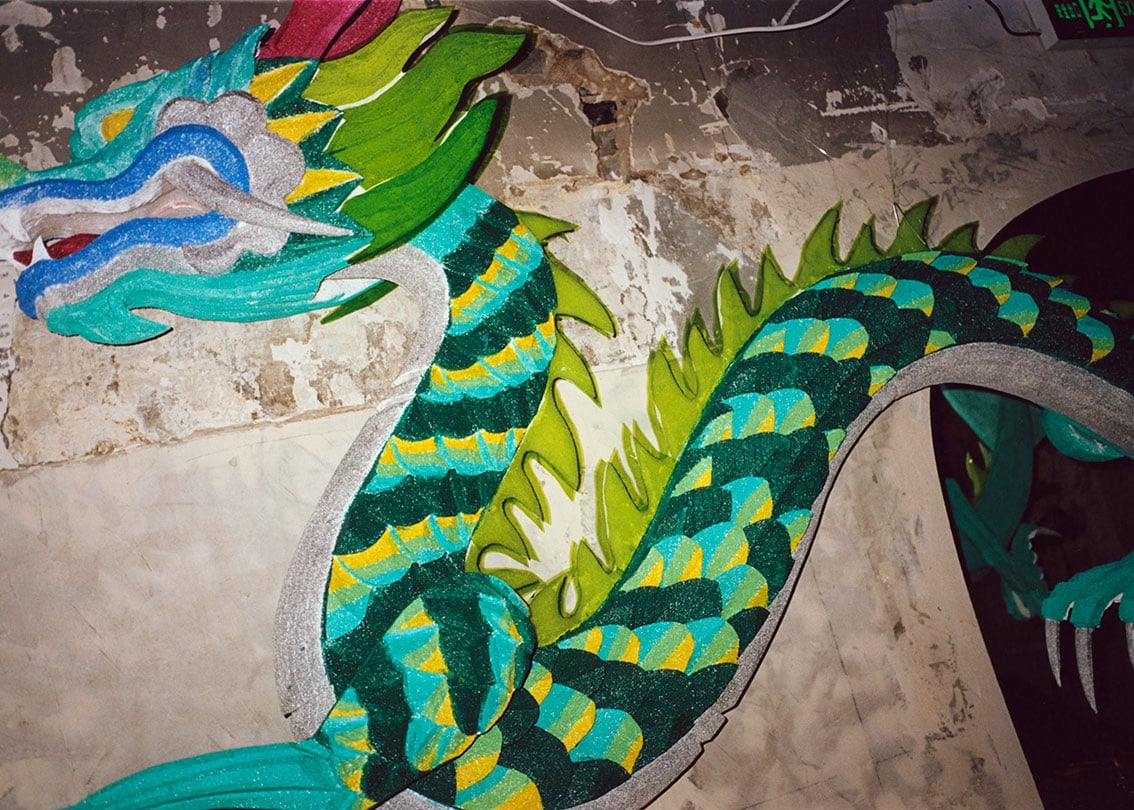
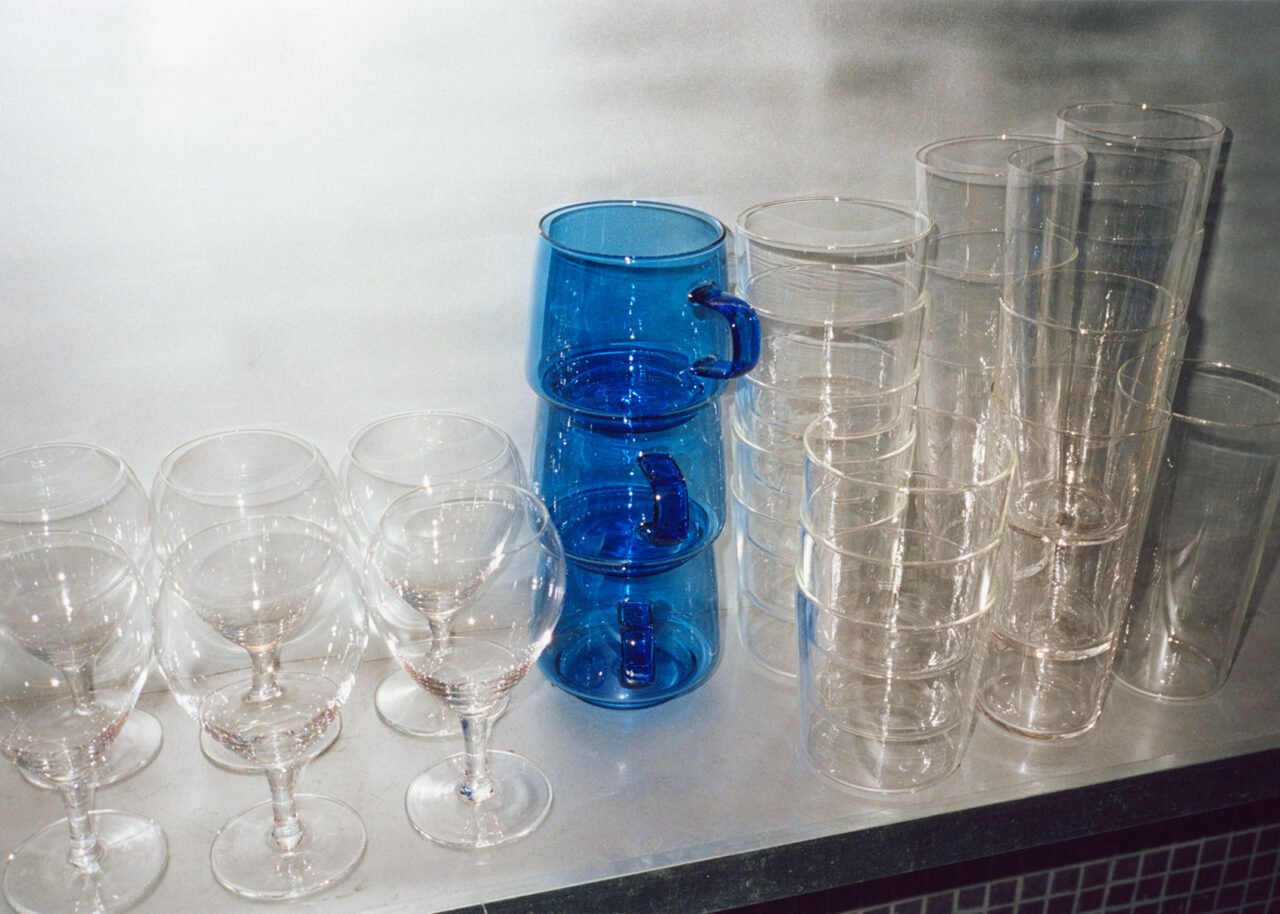
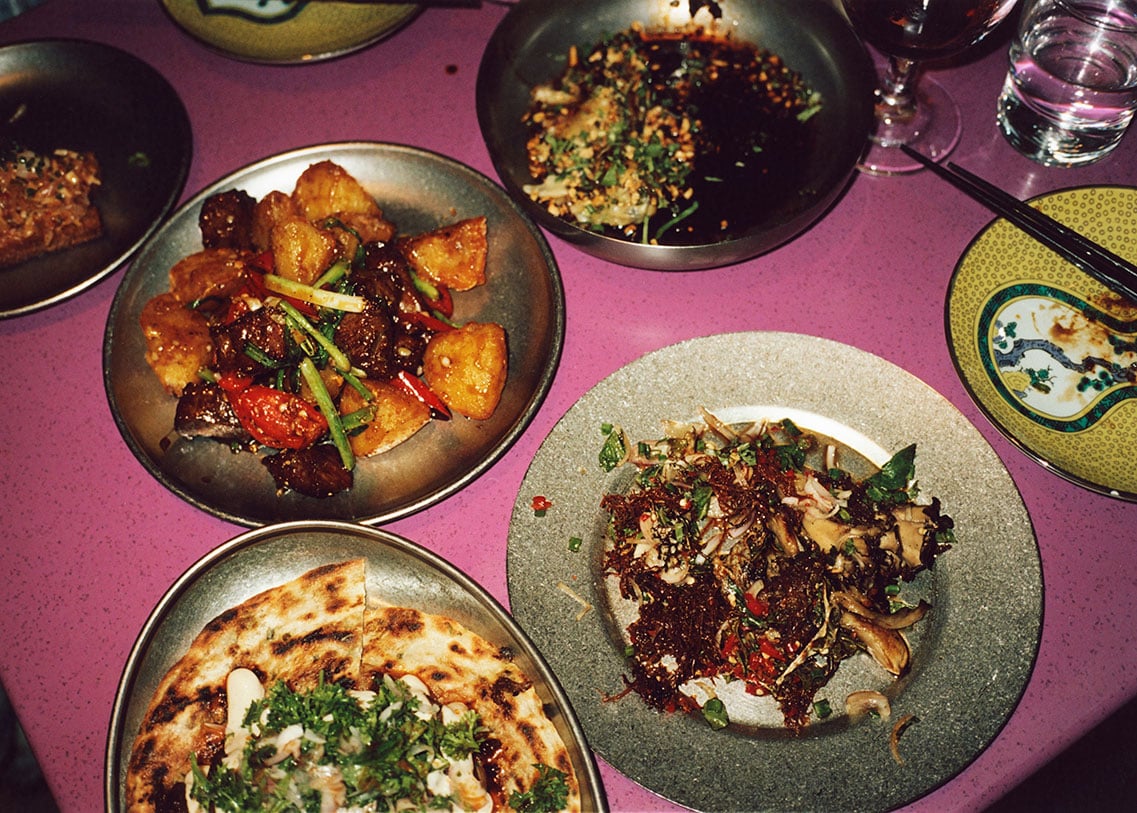
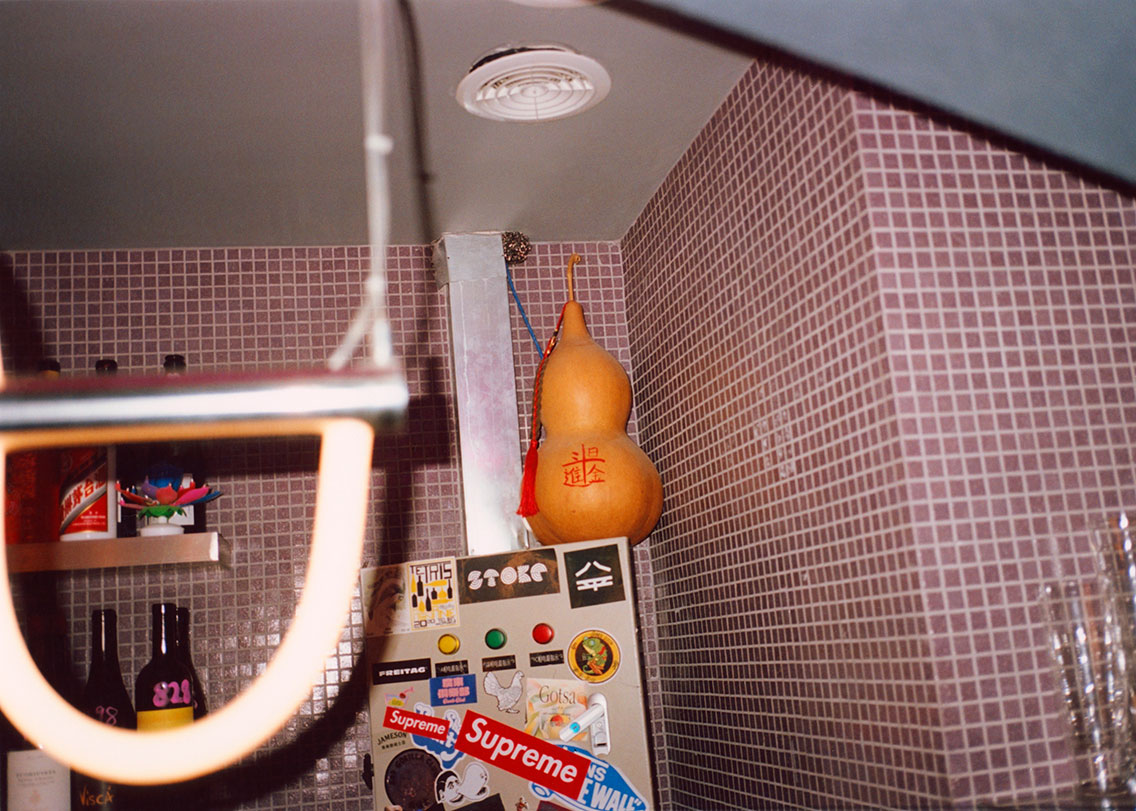
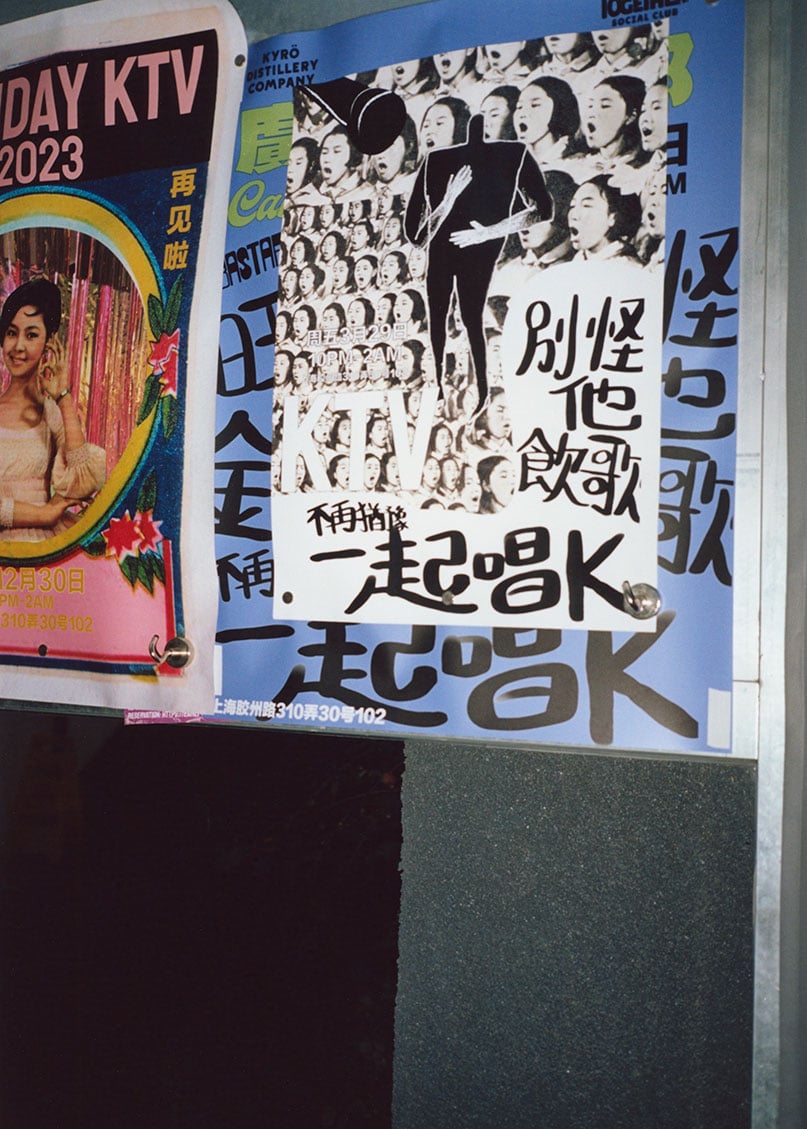
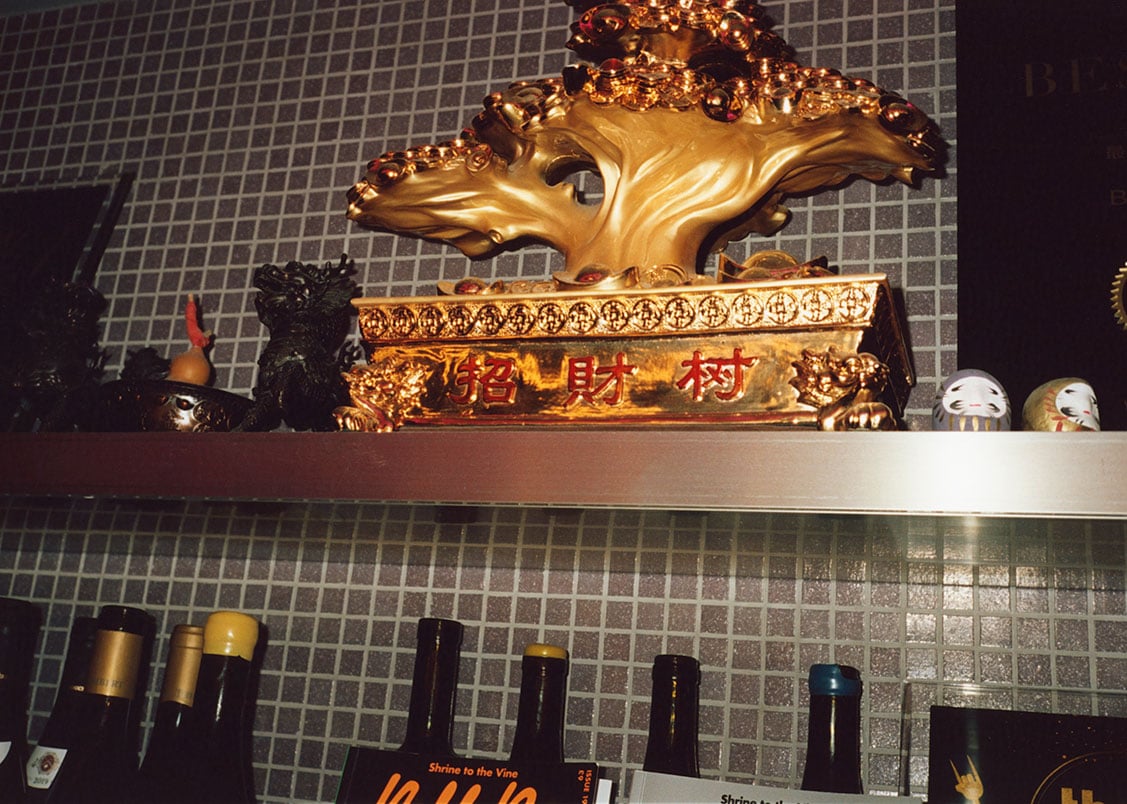
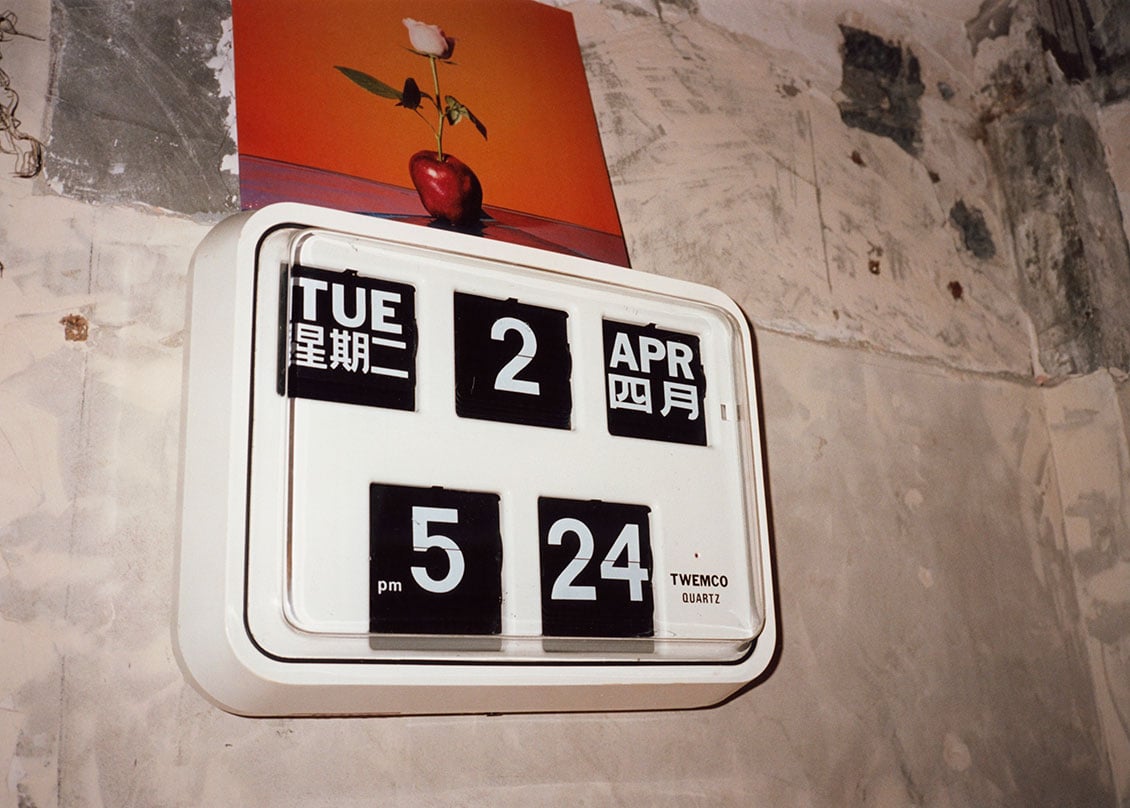
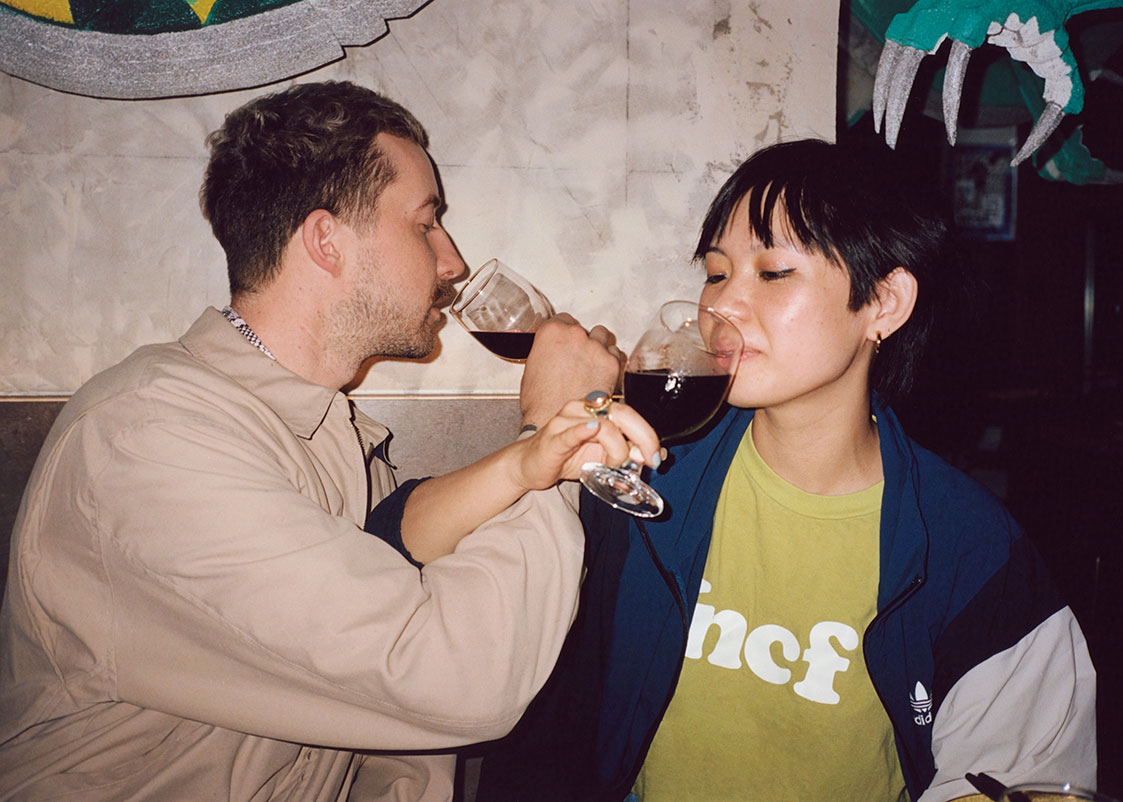
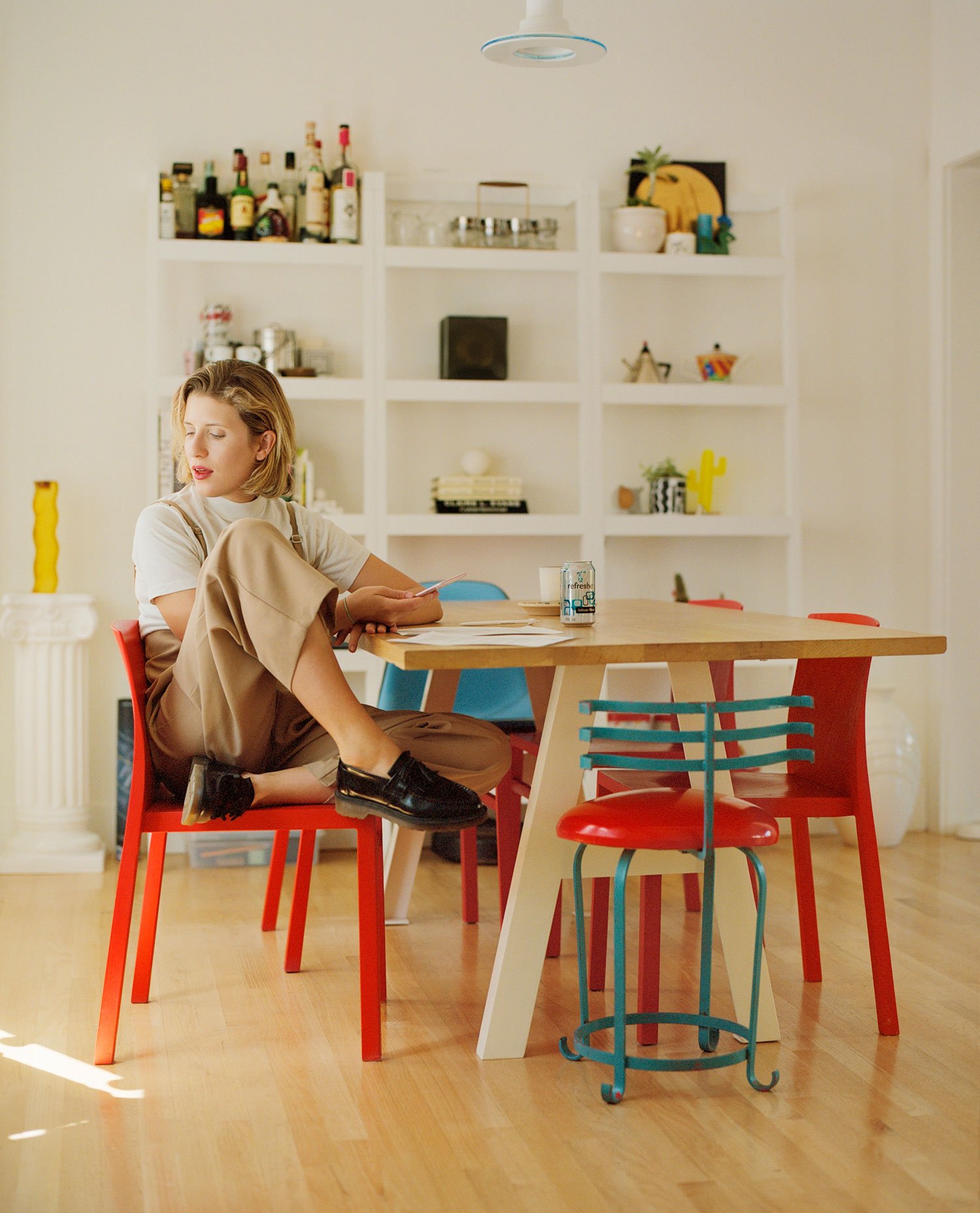
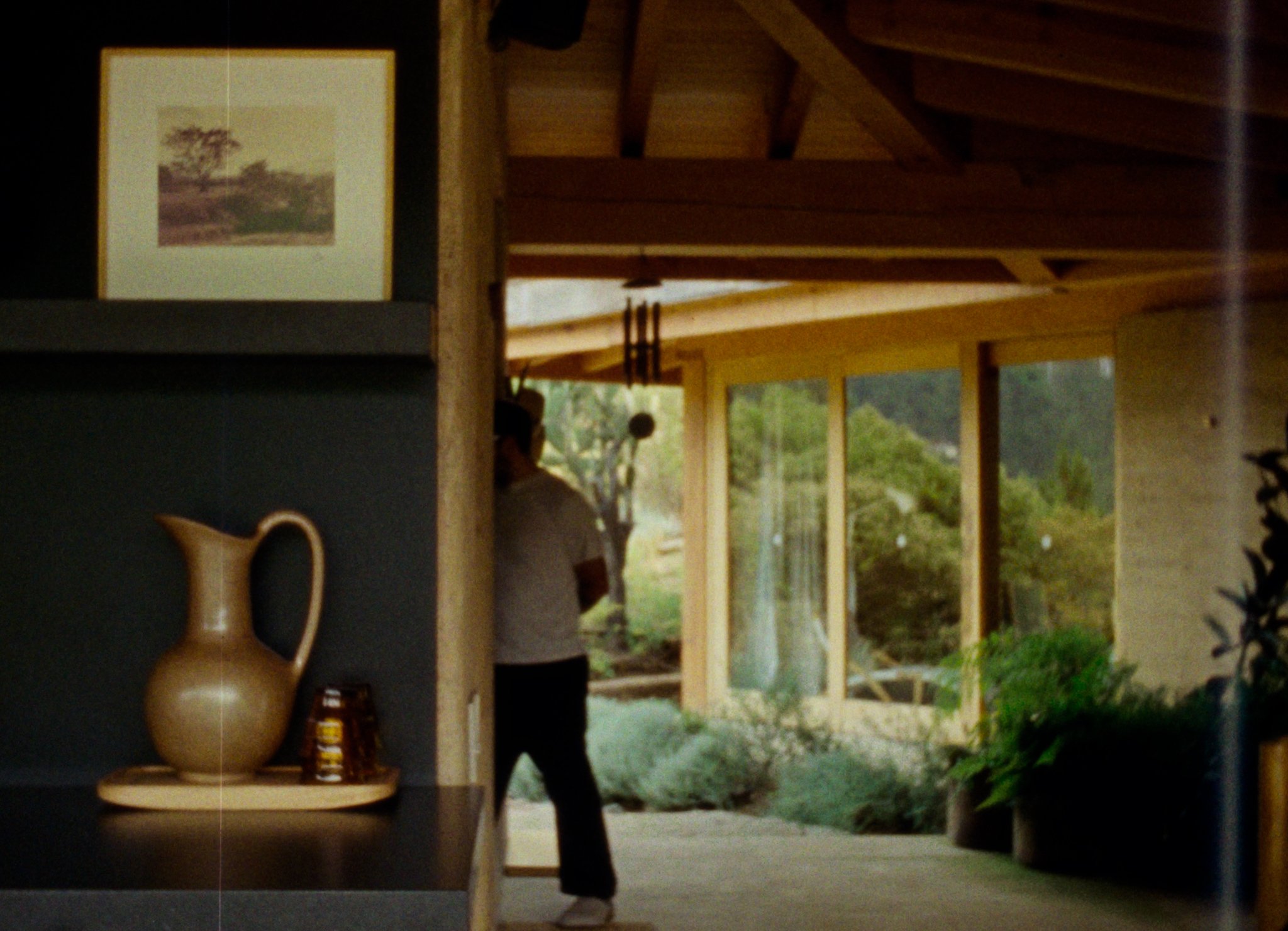

 close
close

